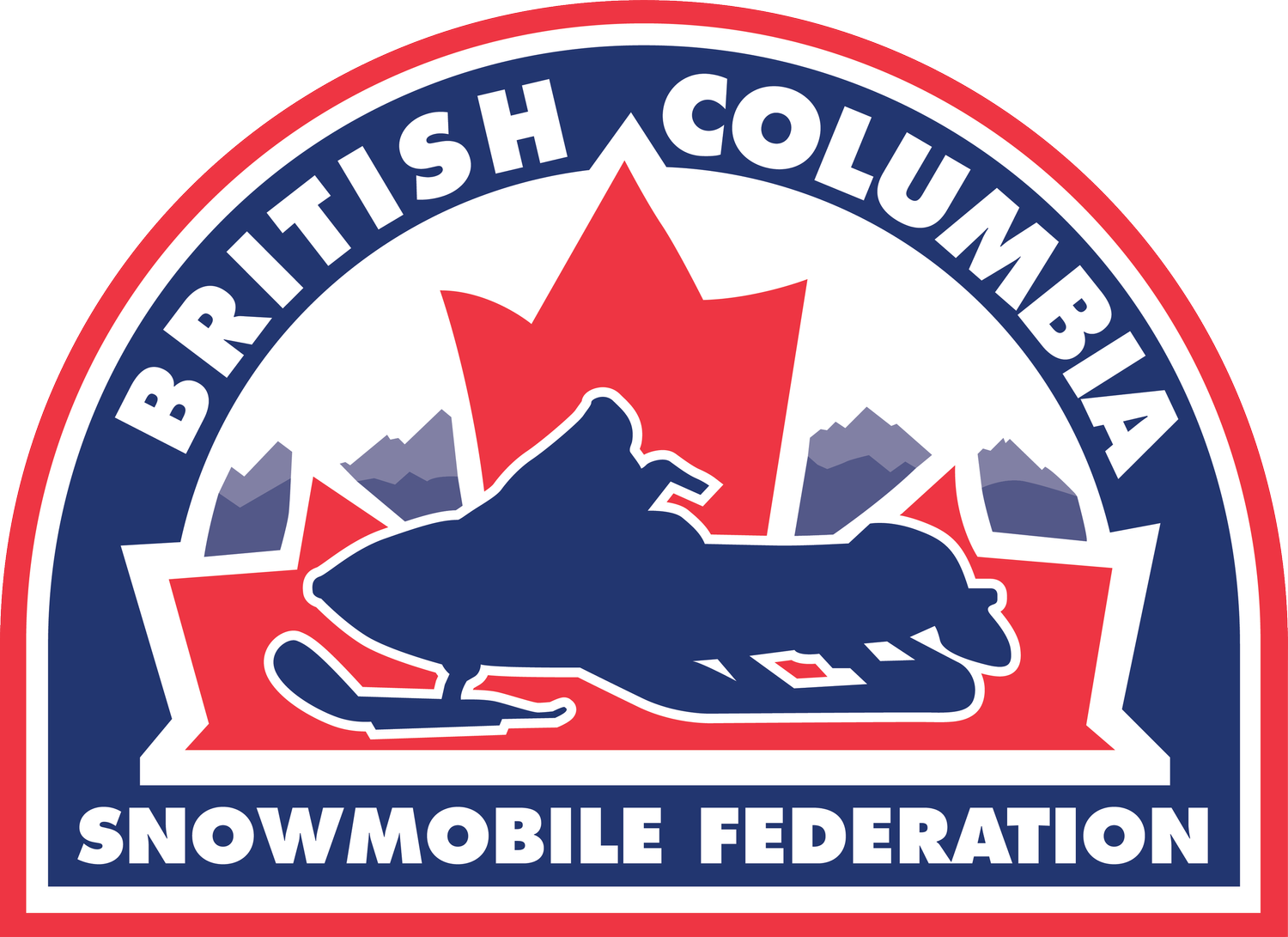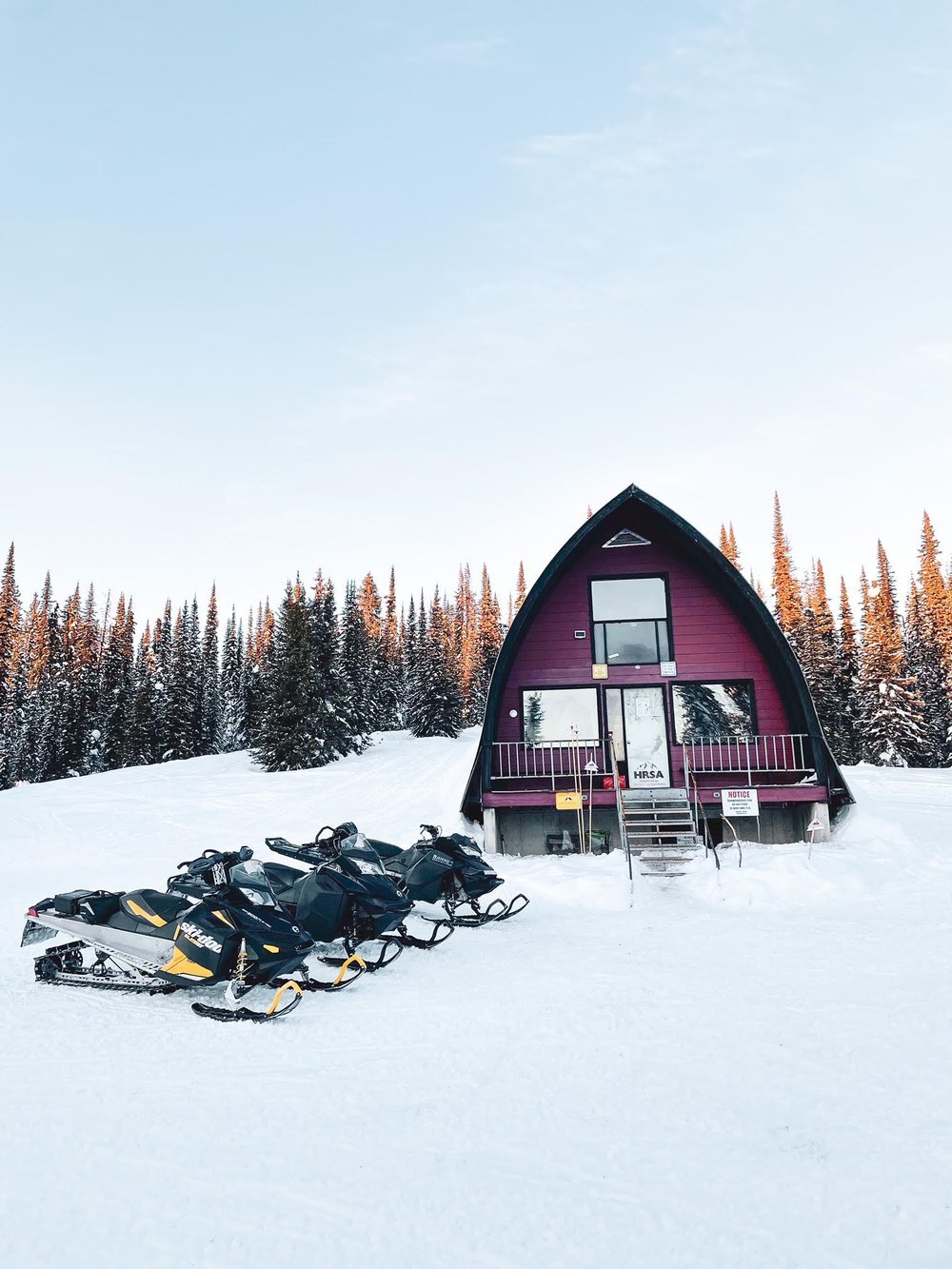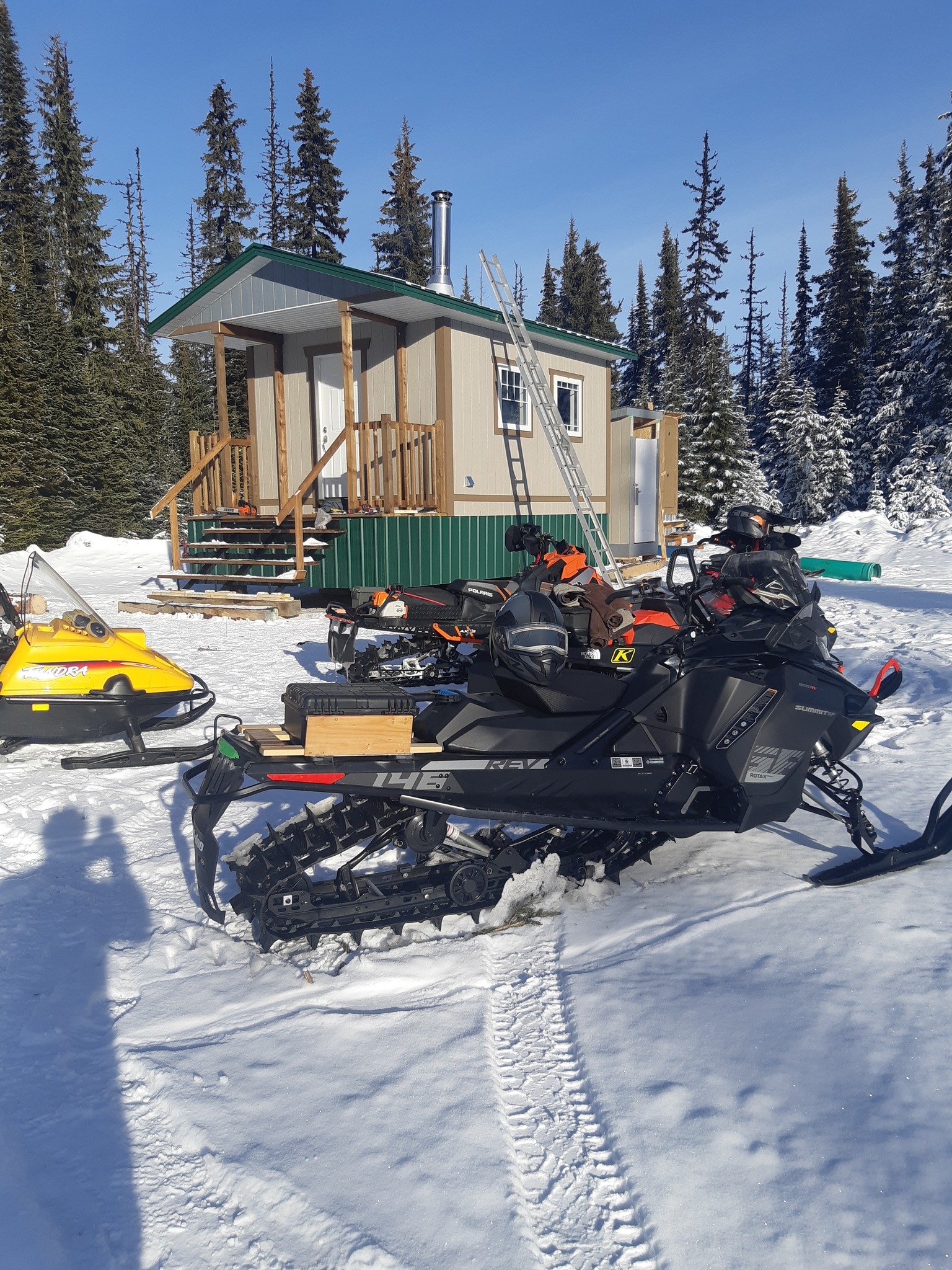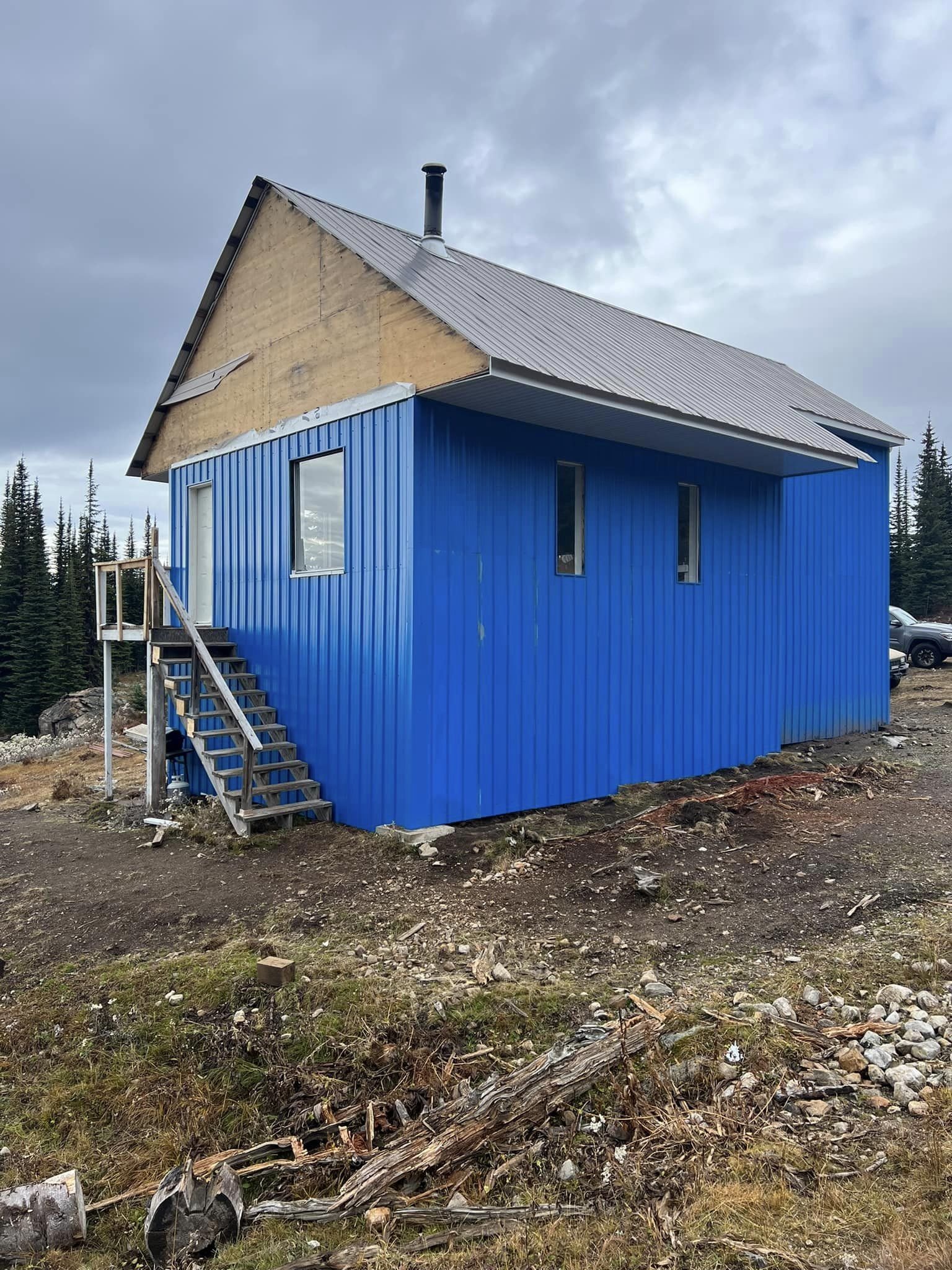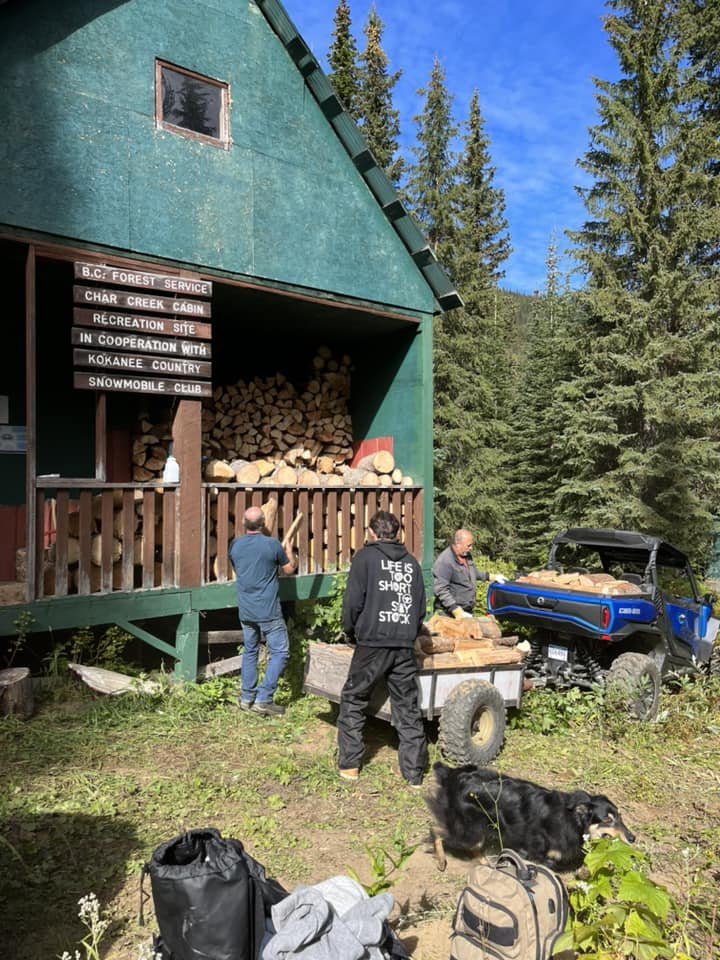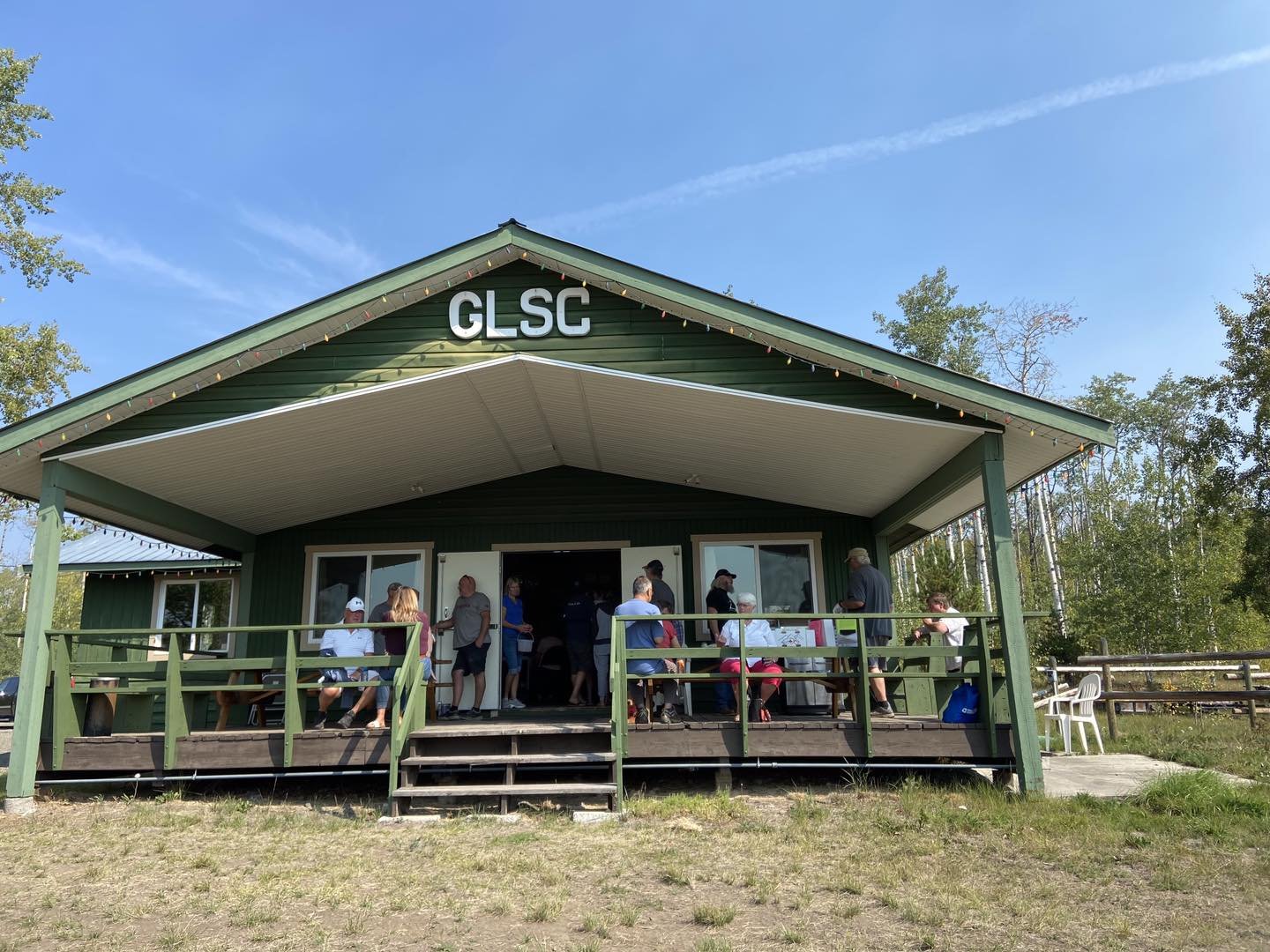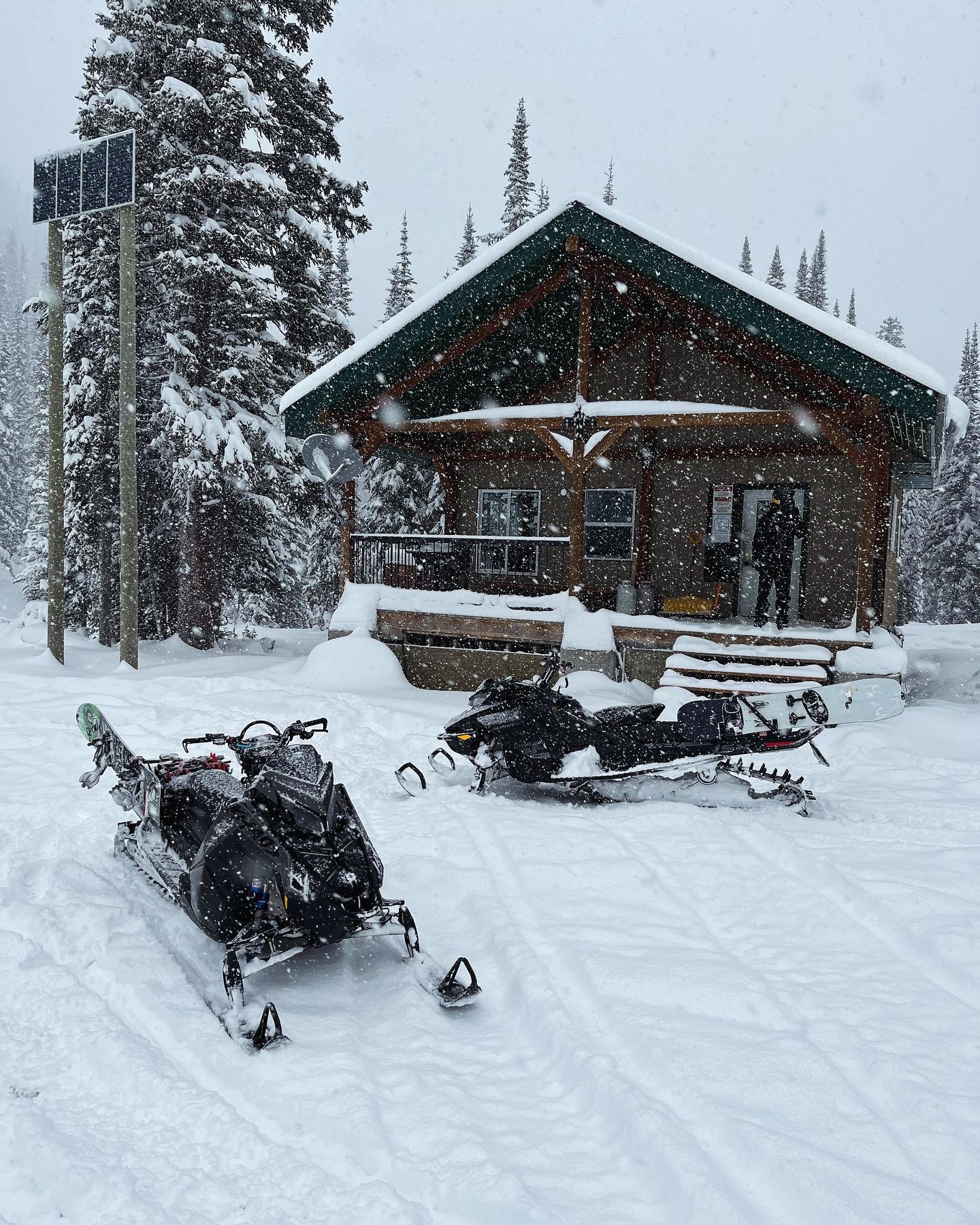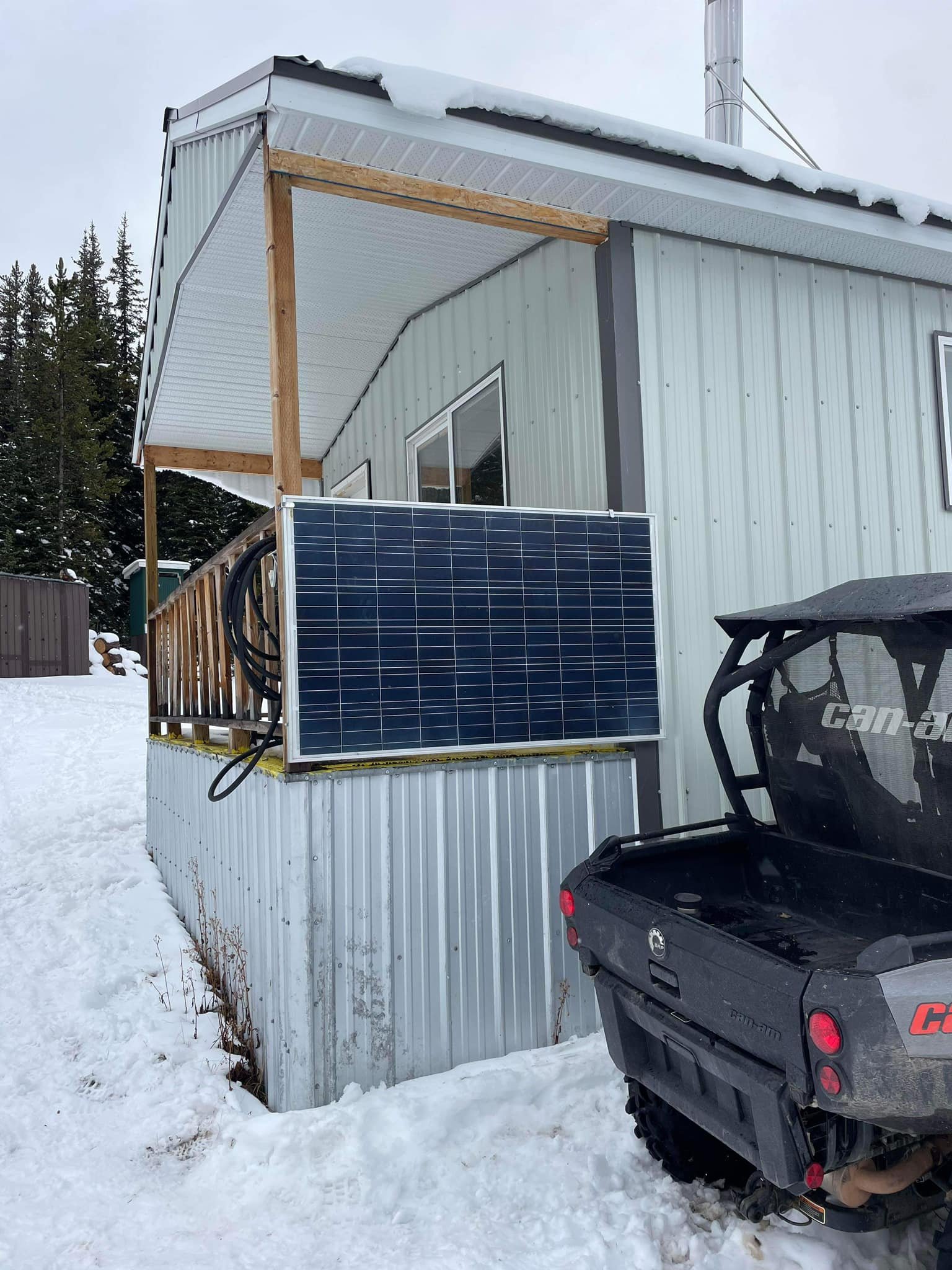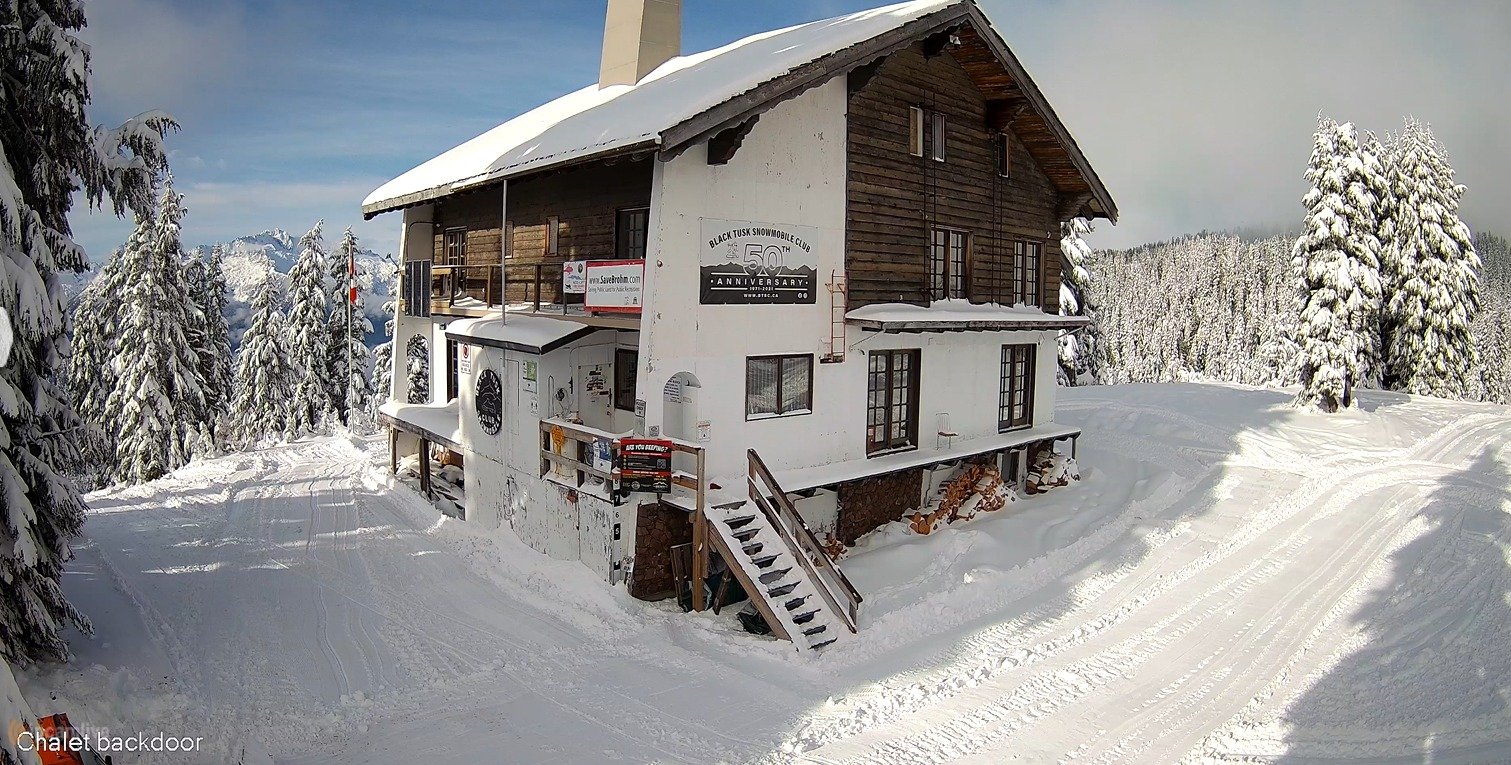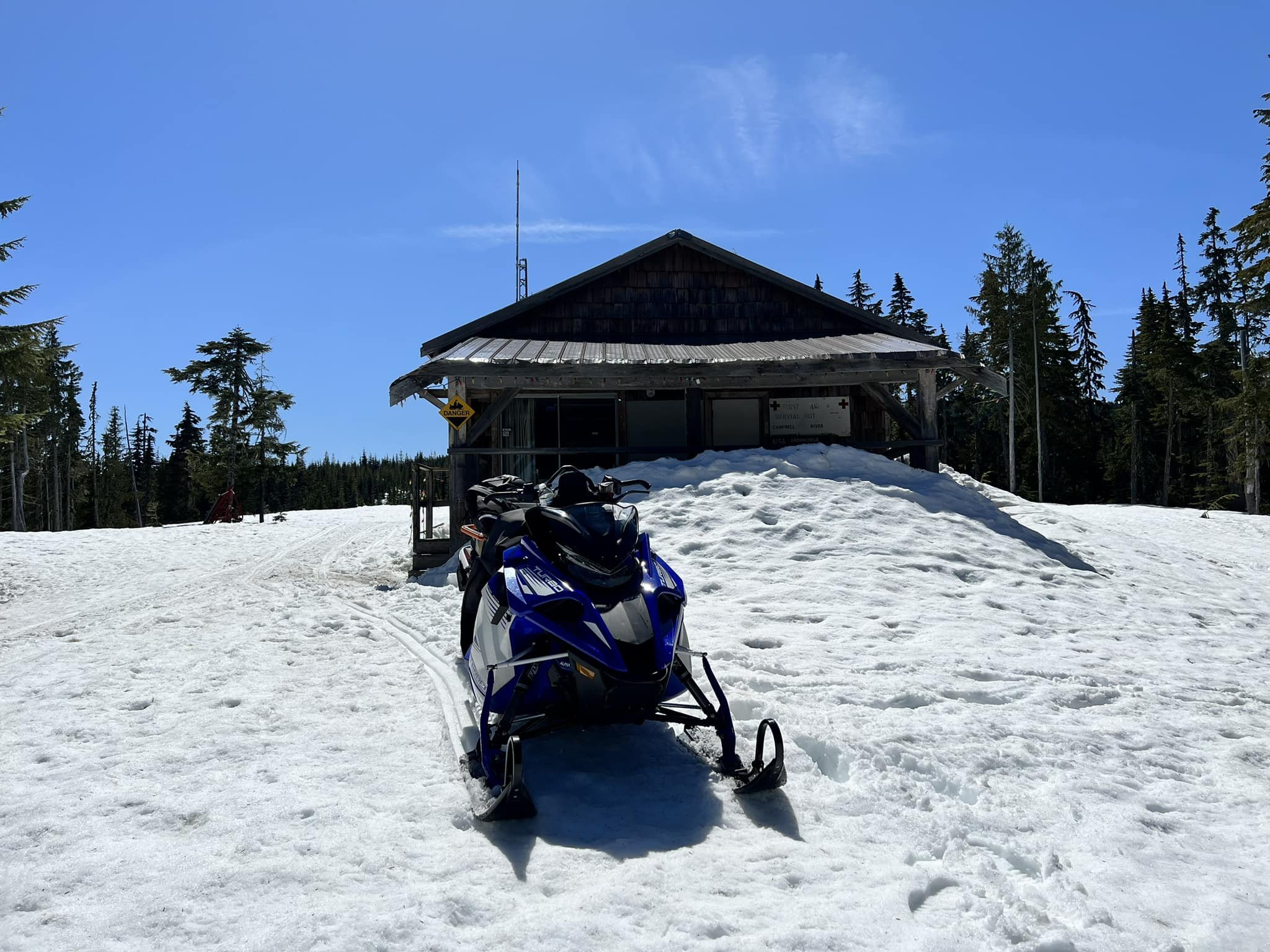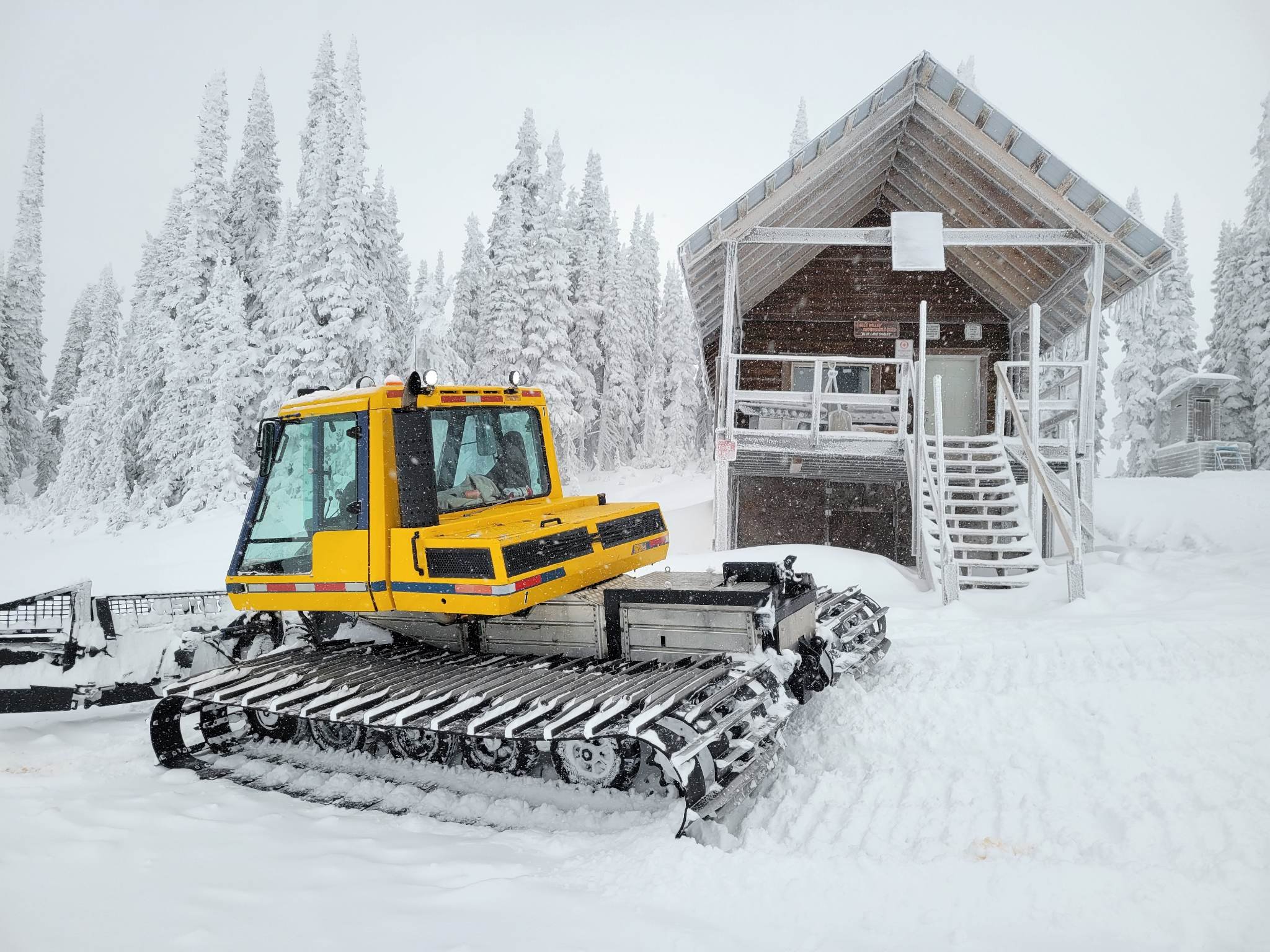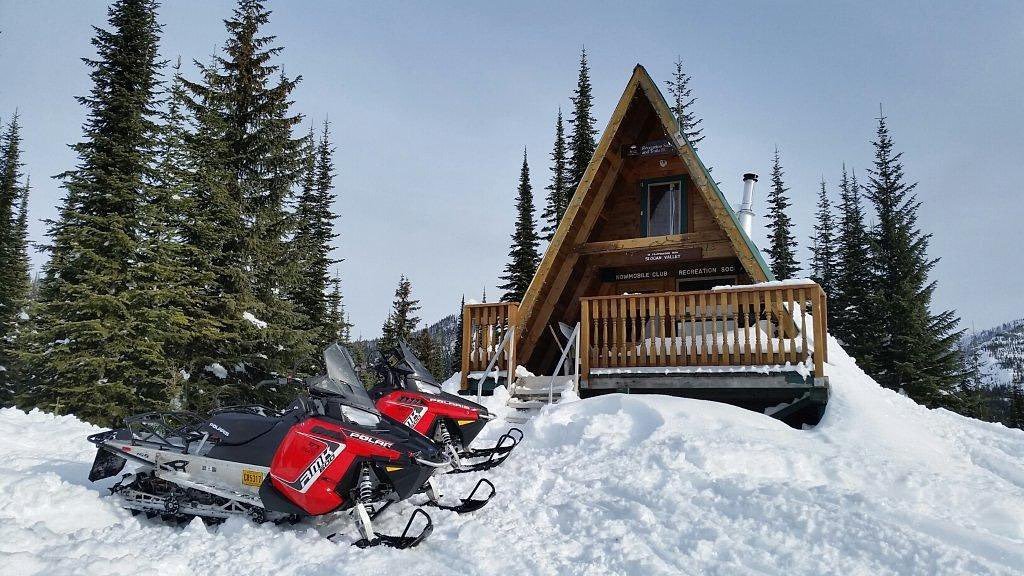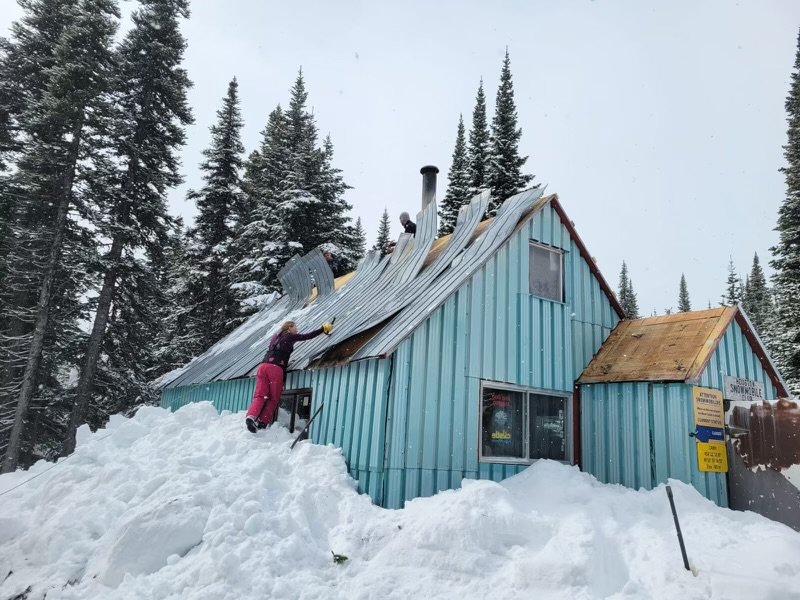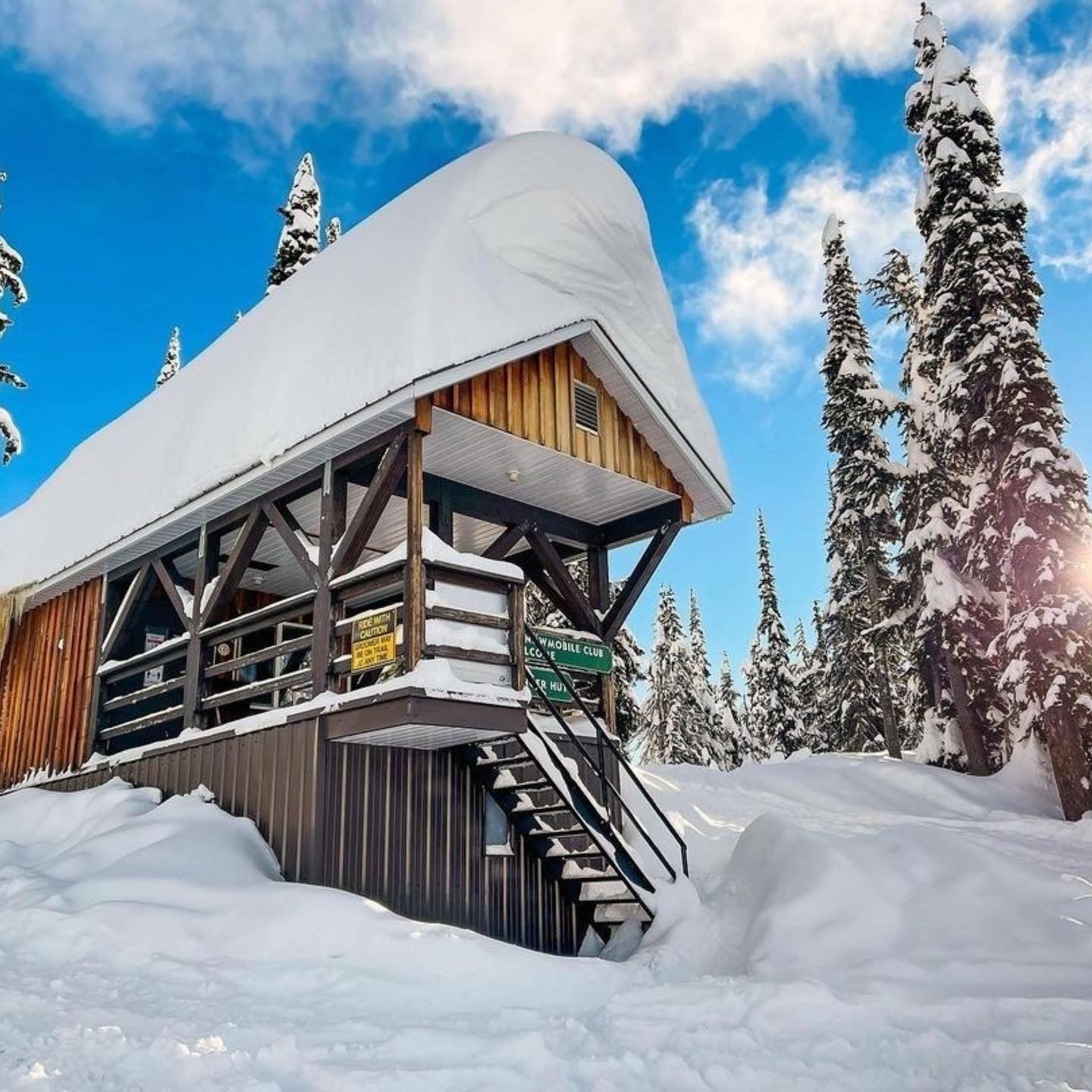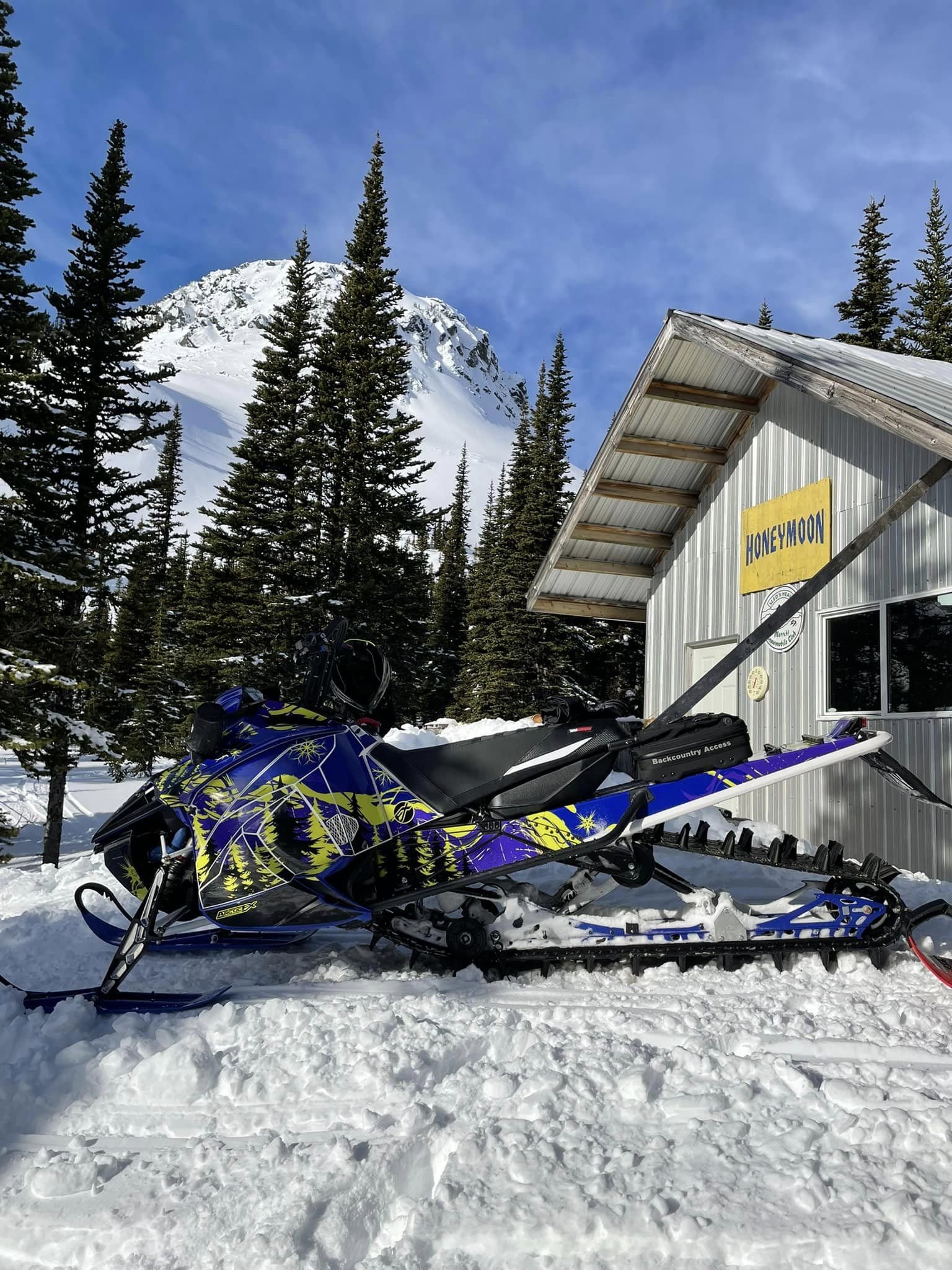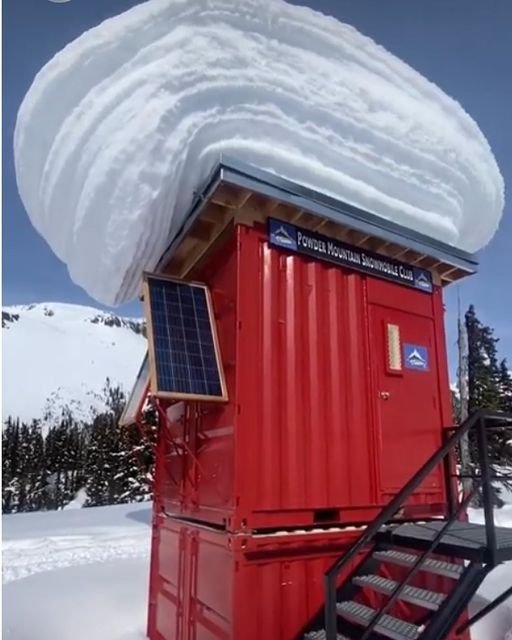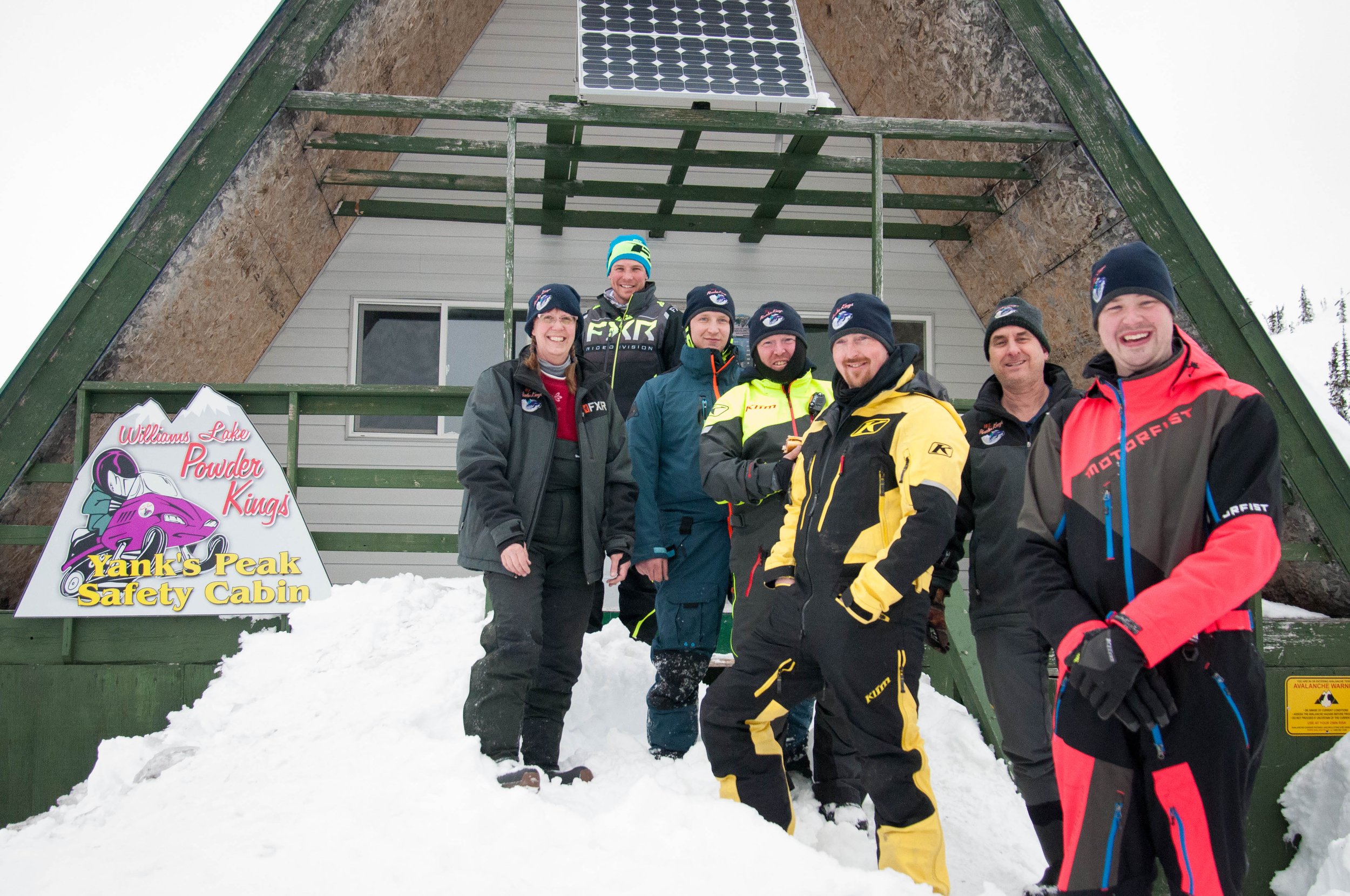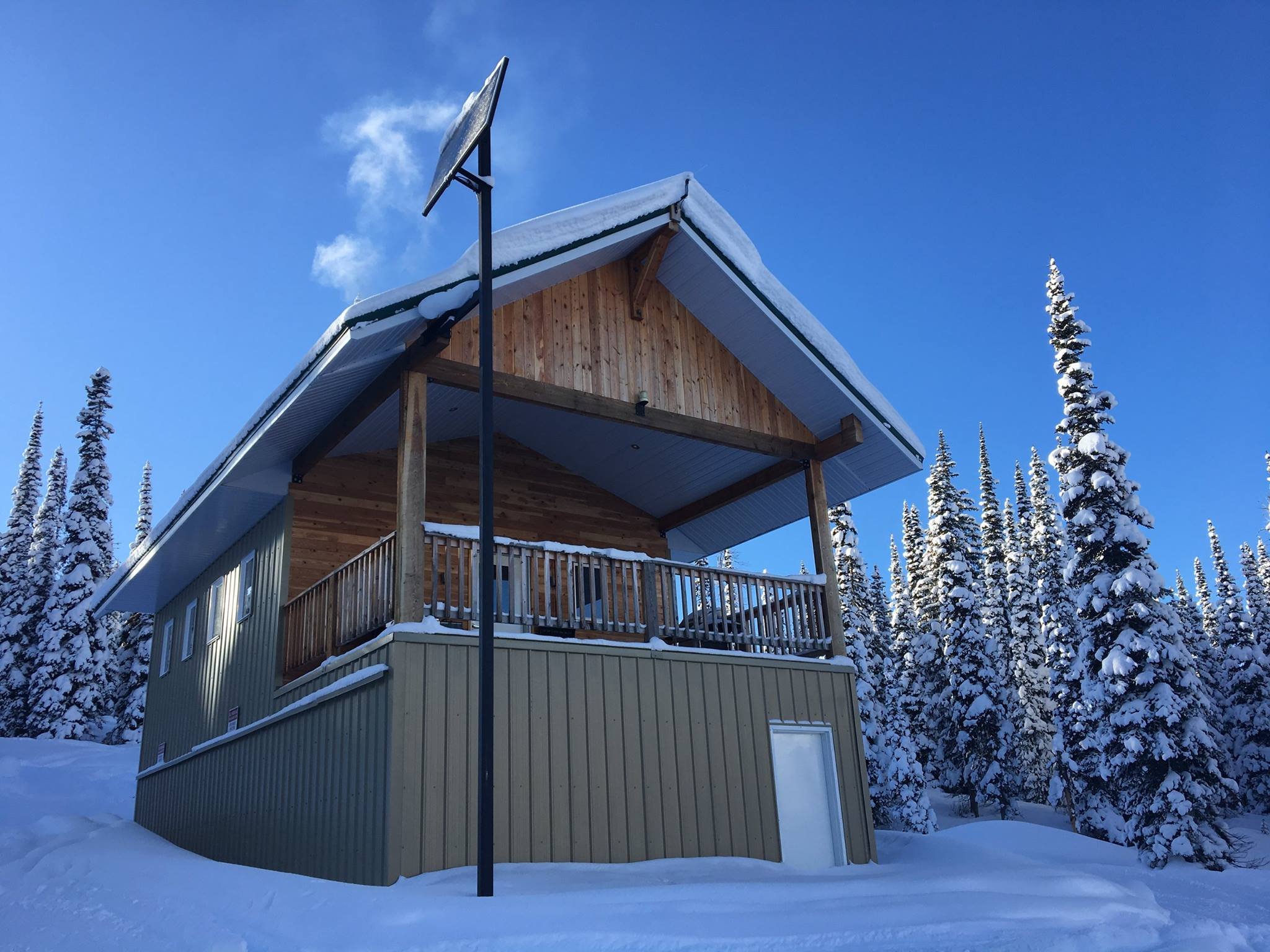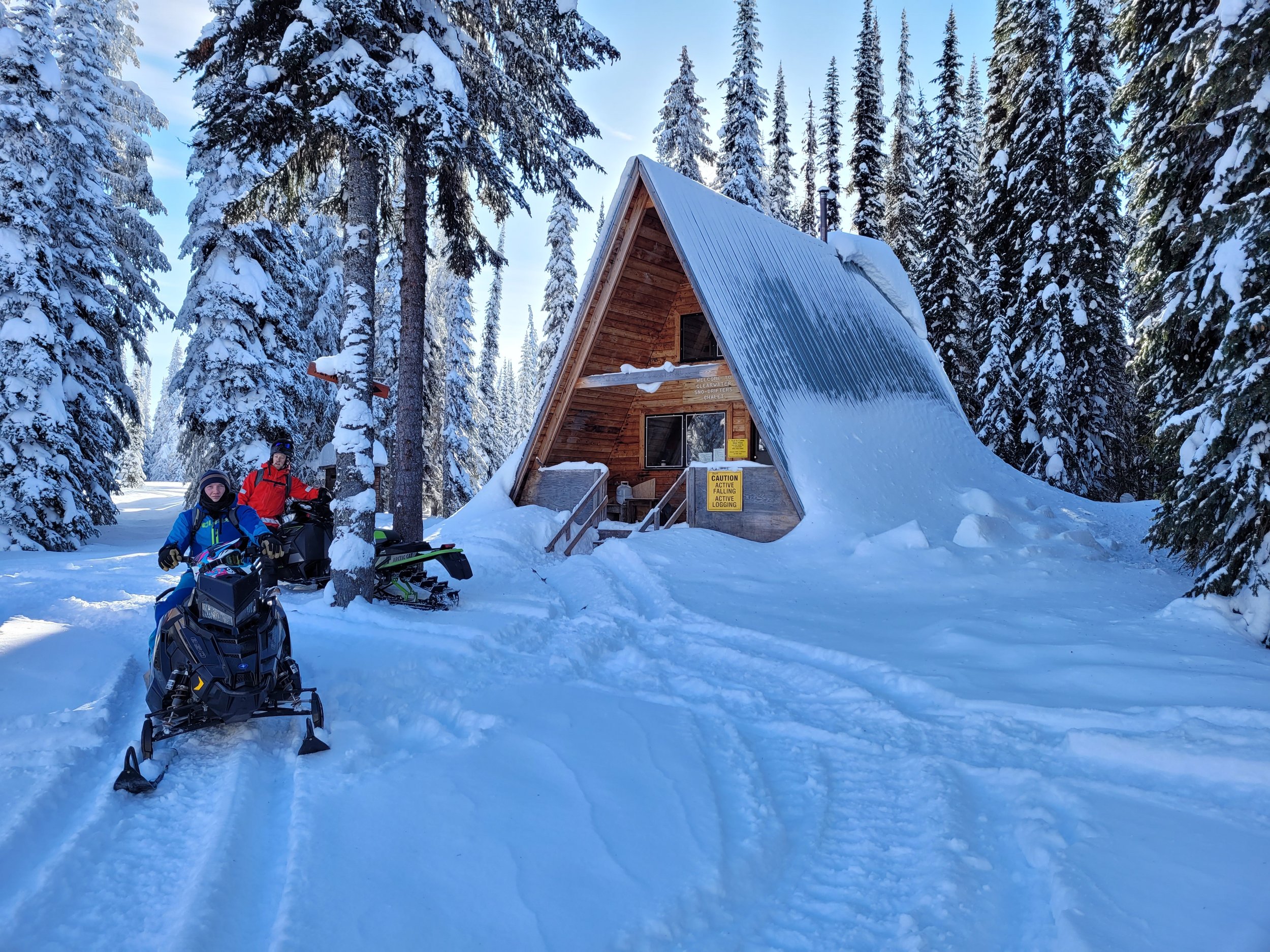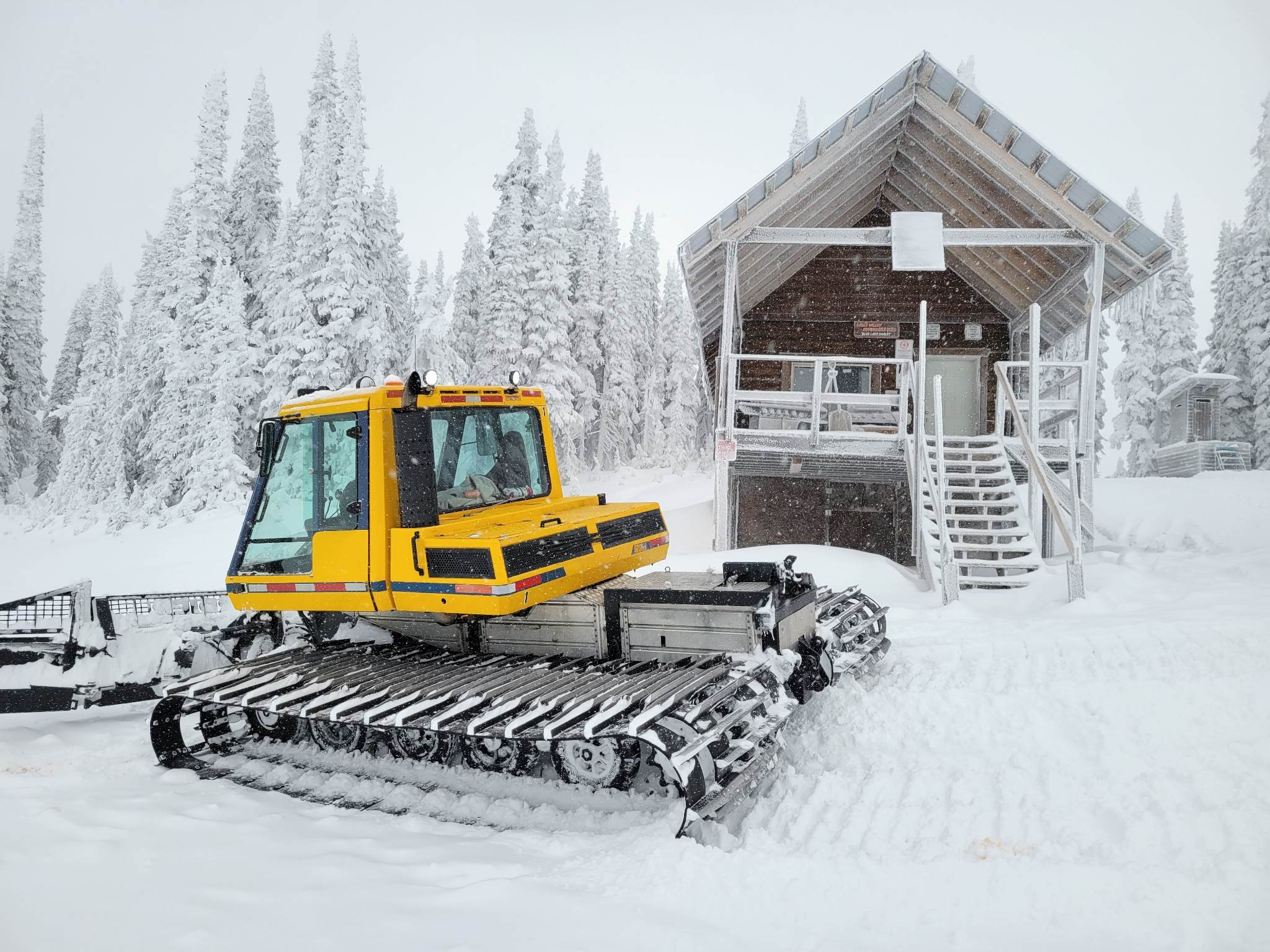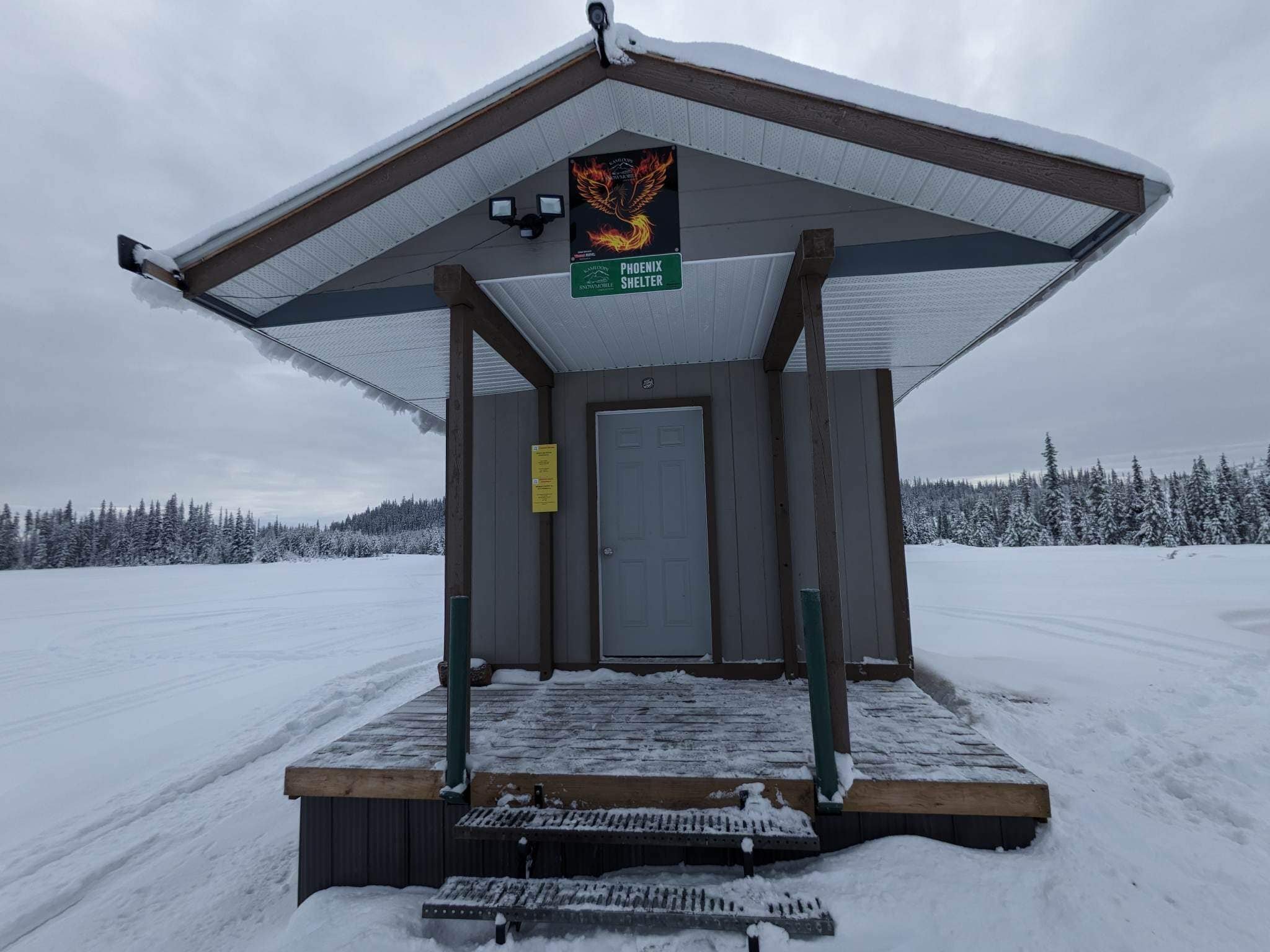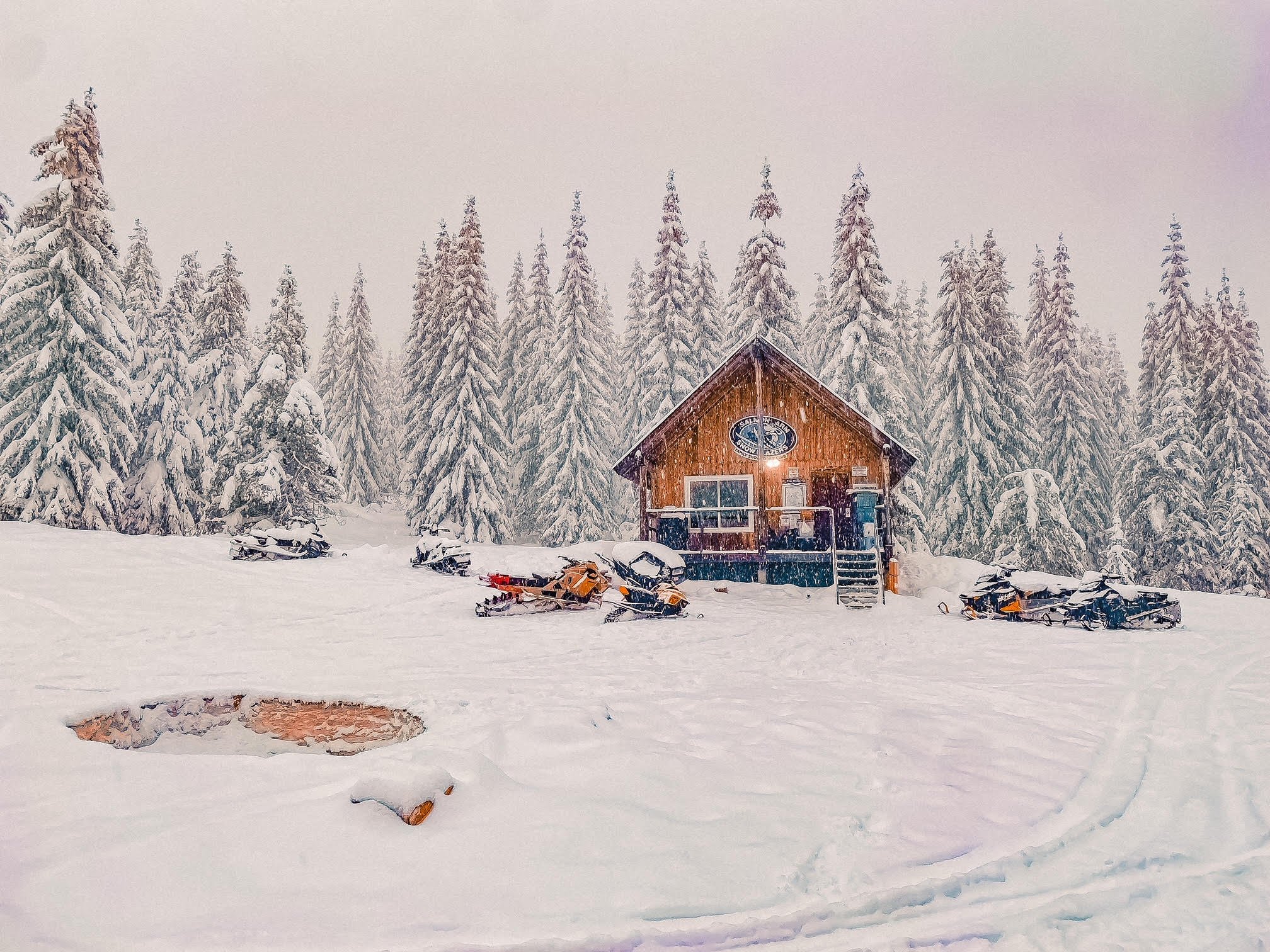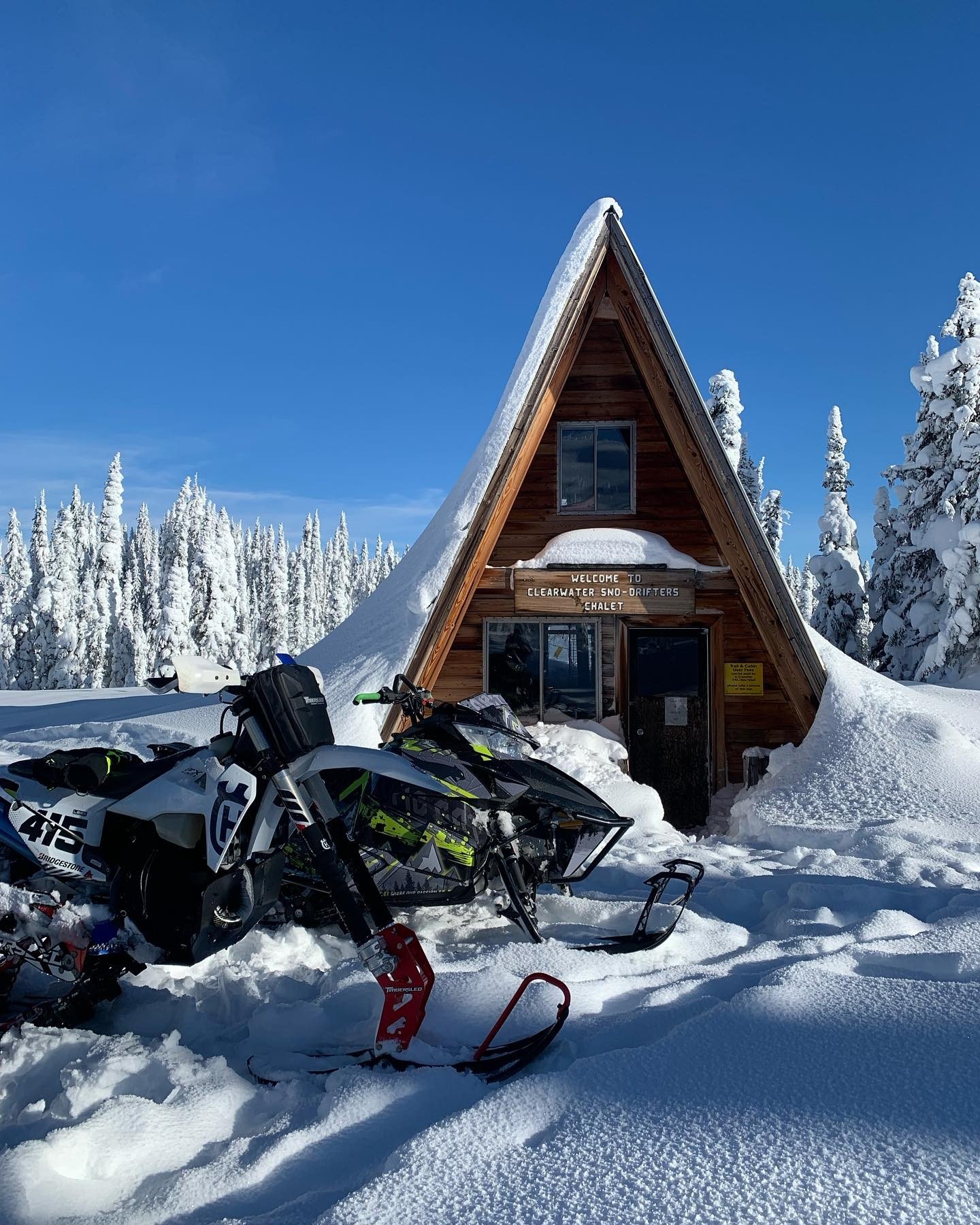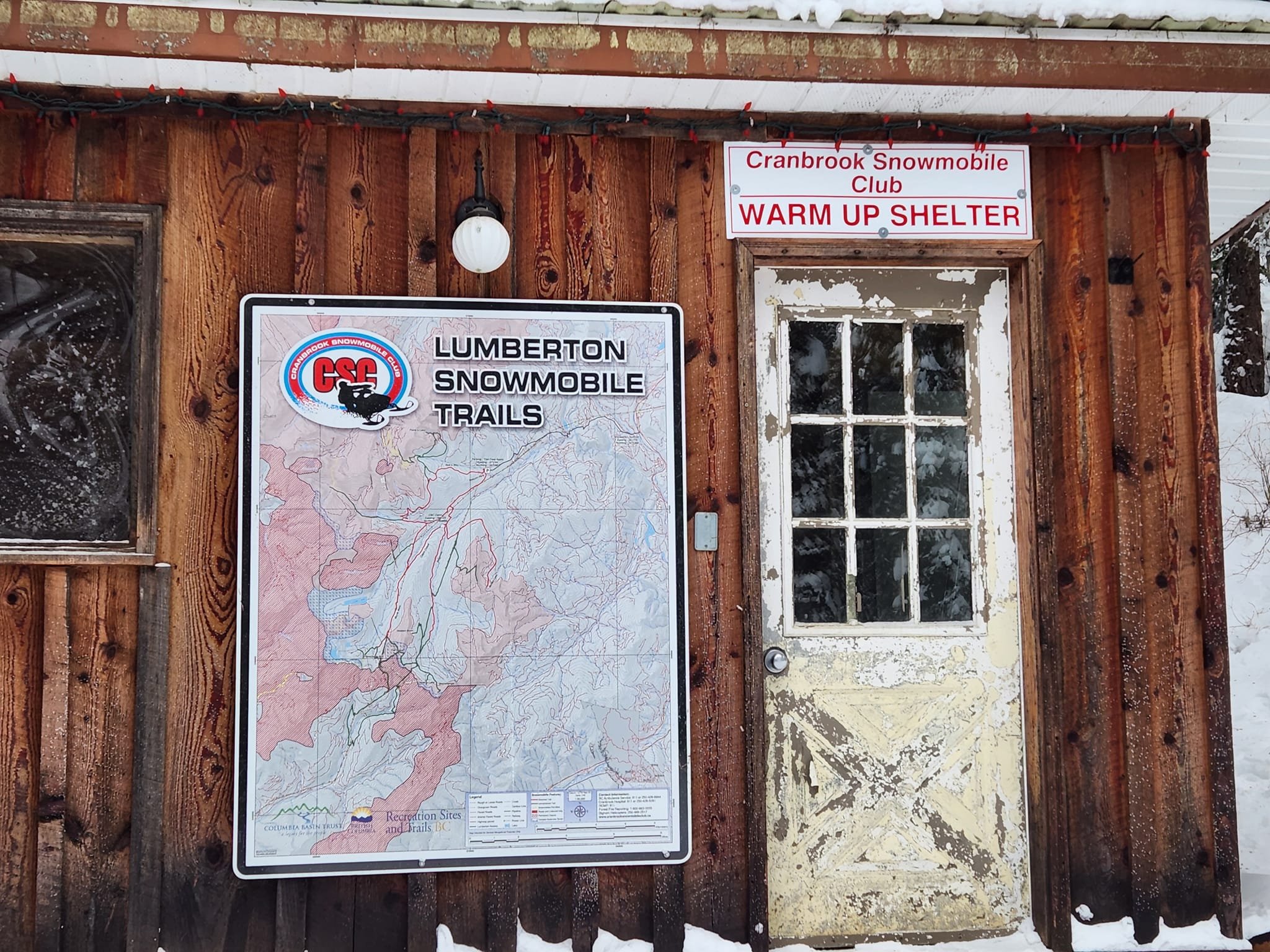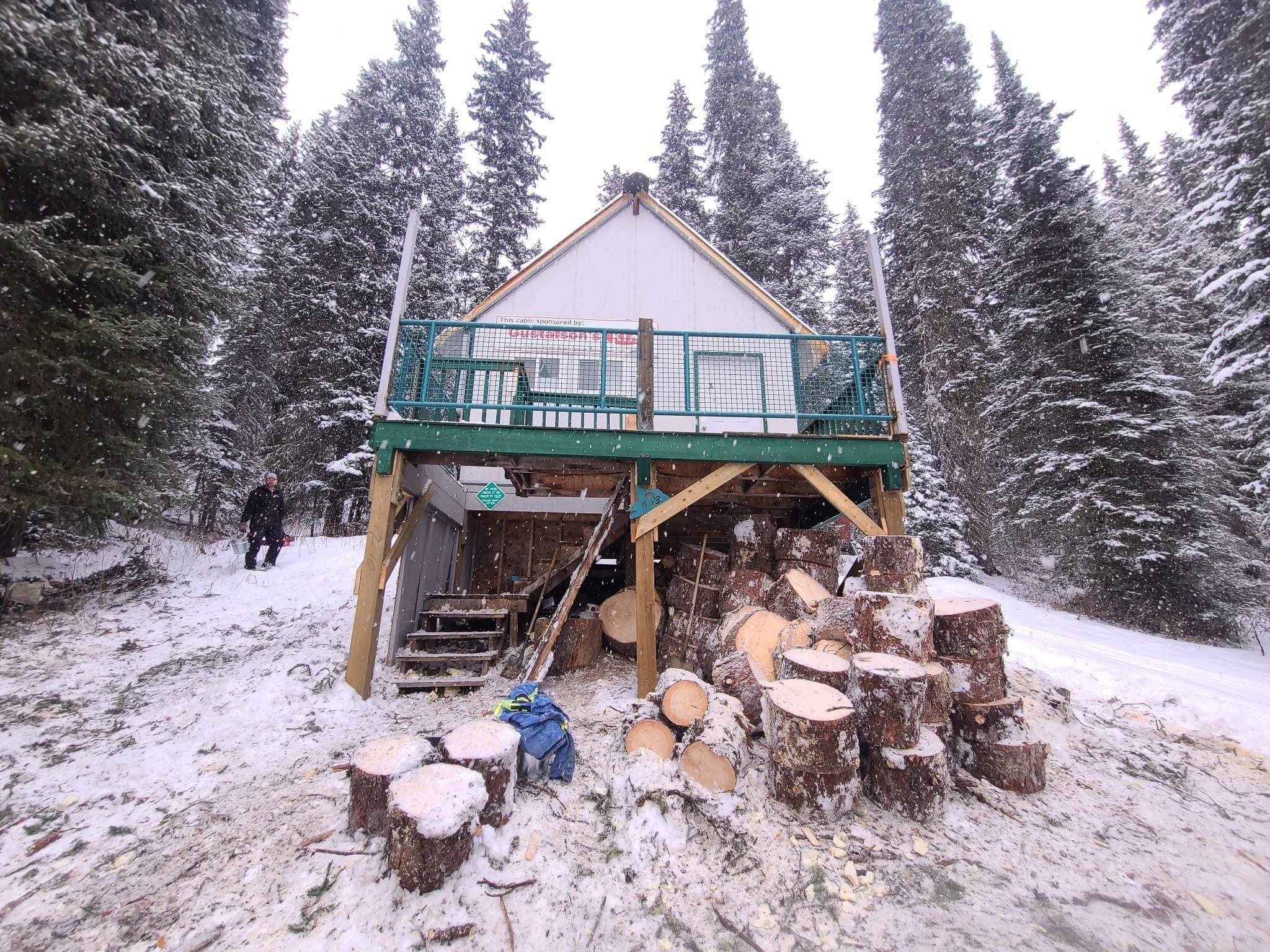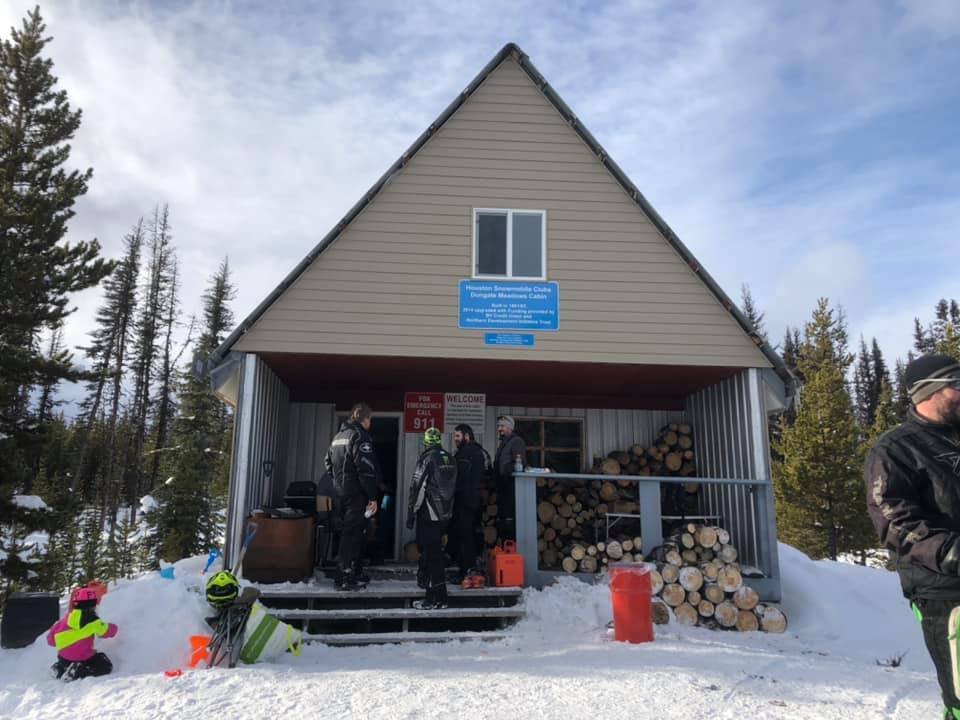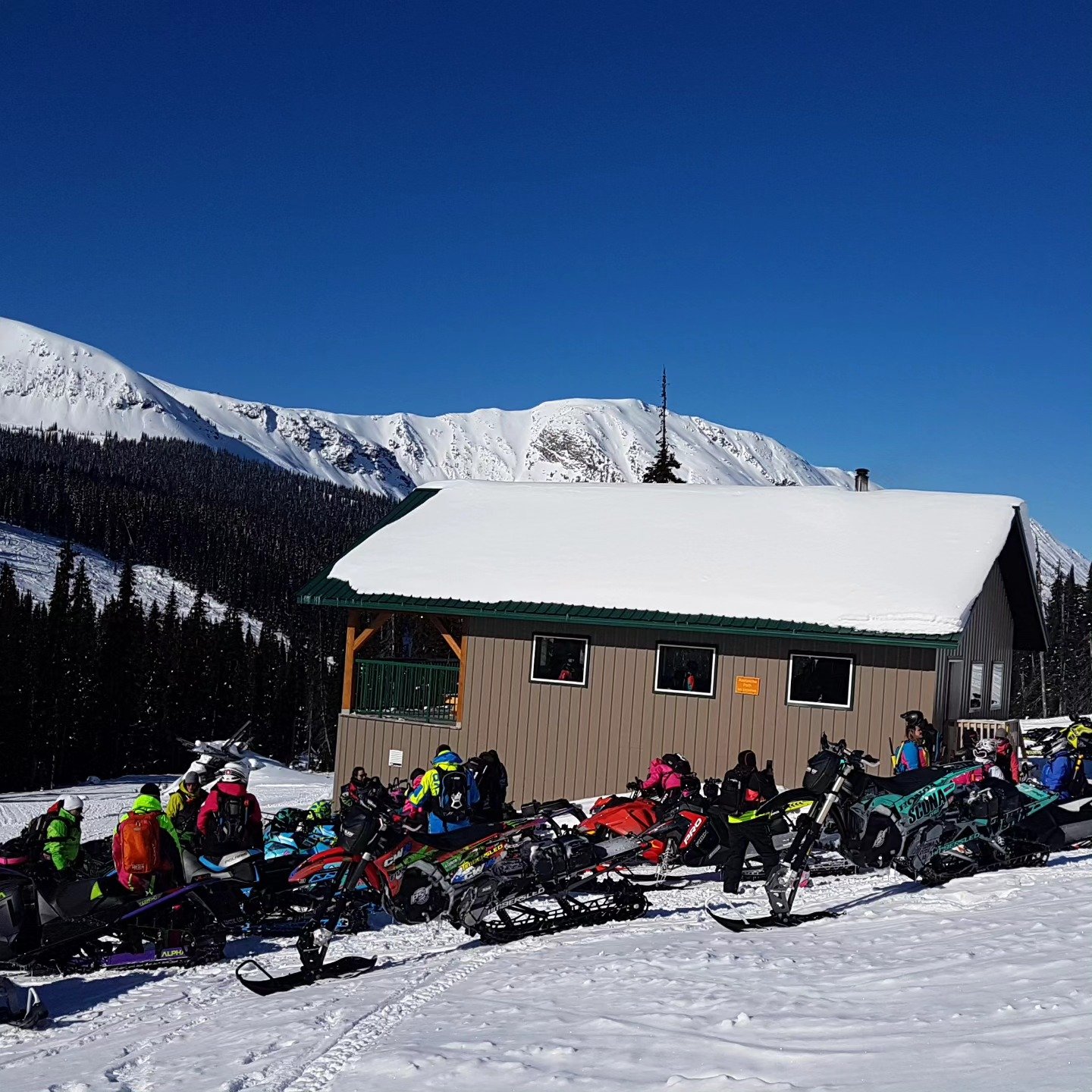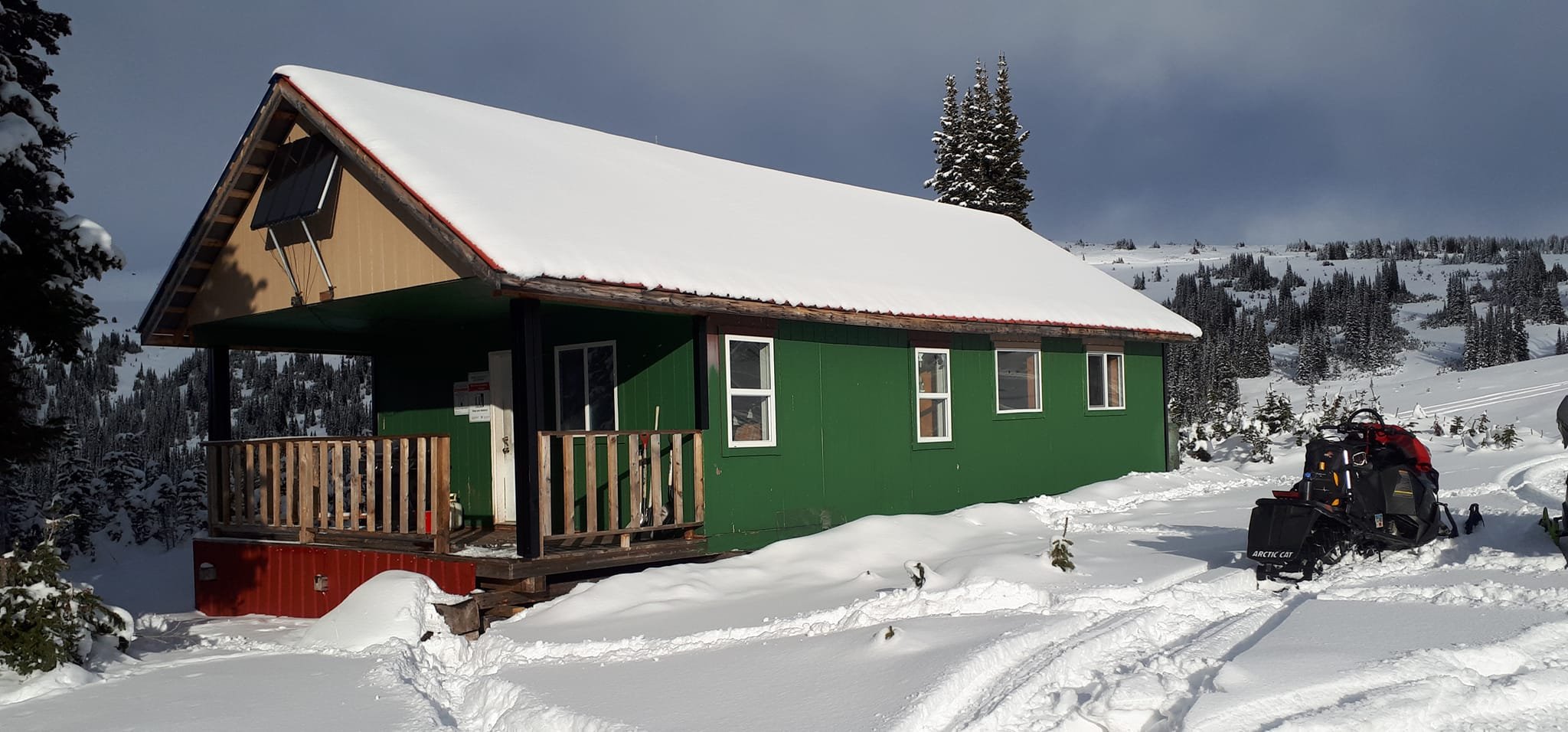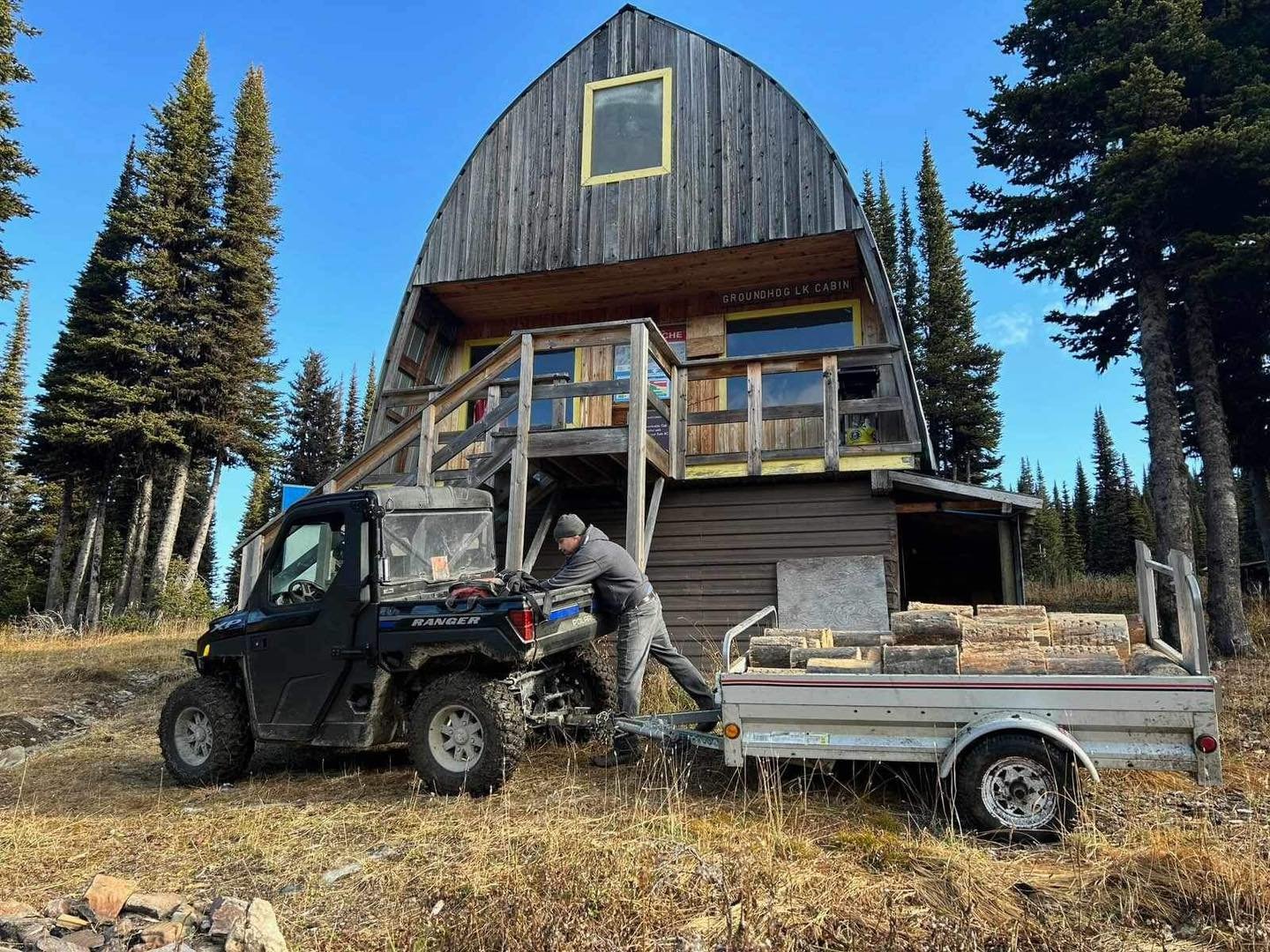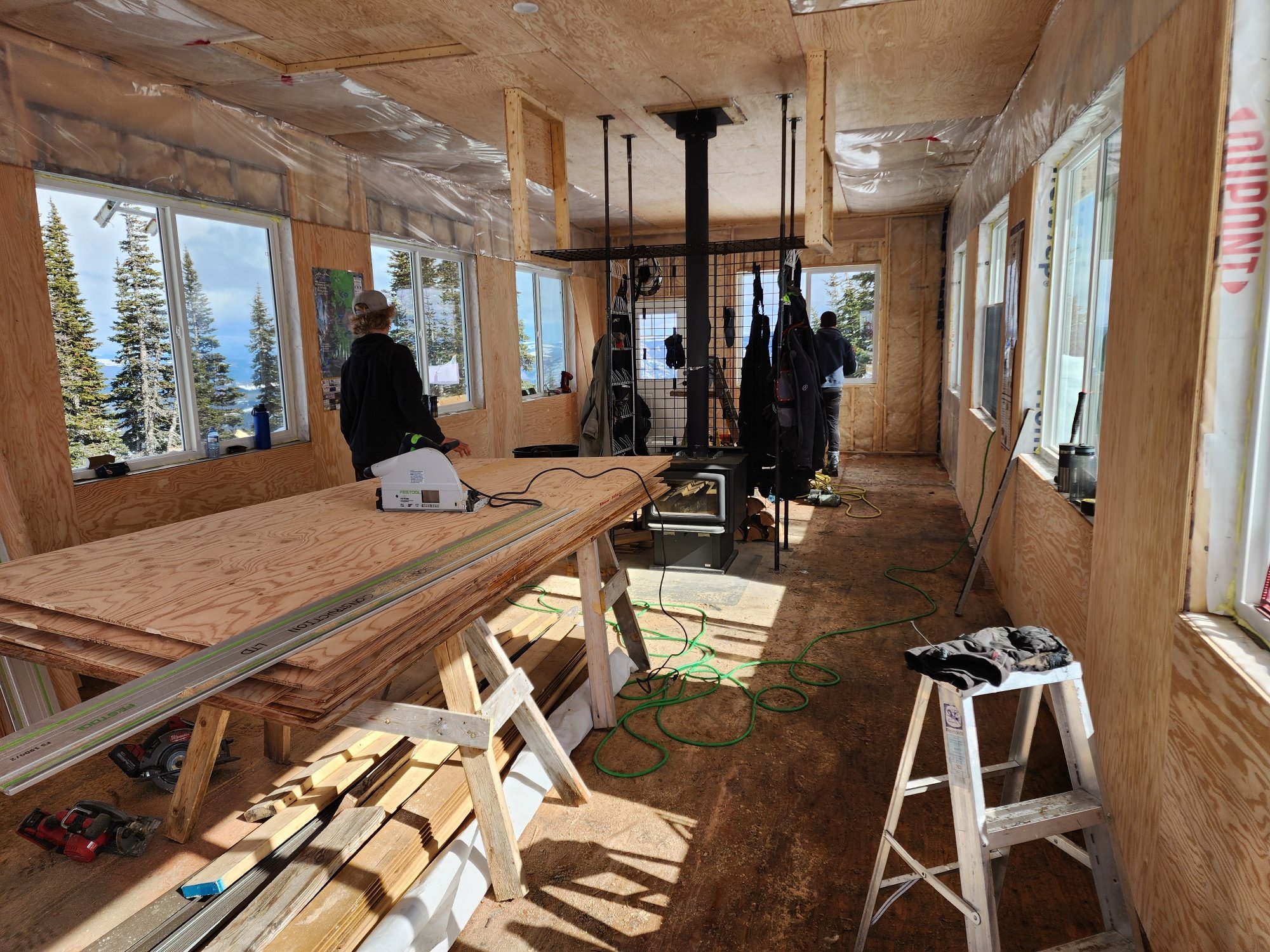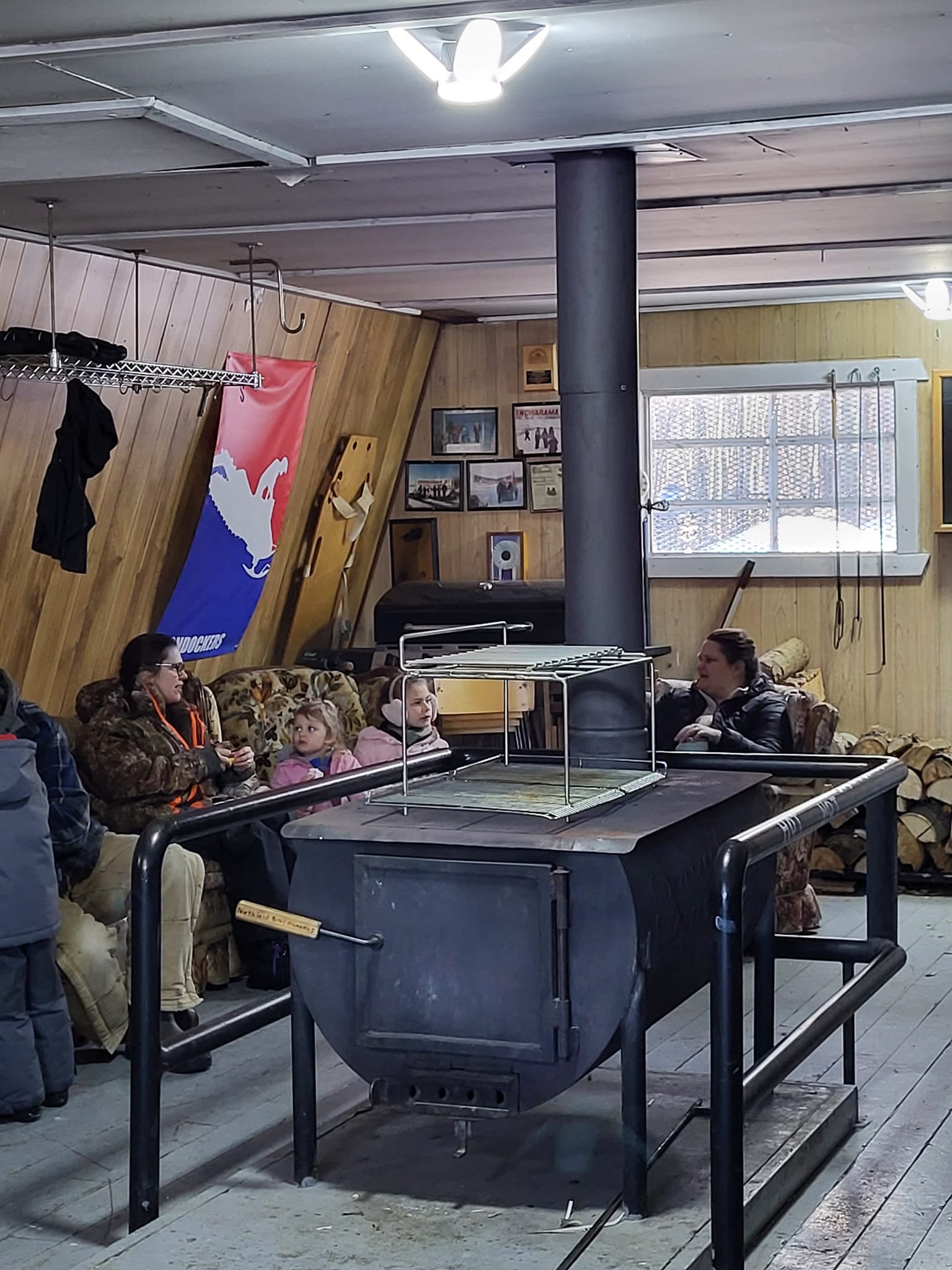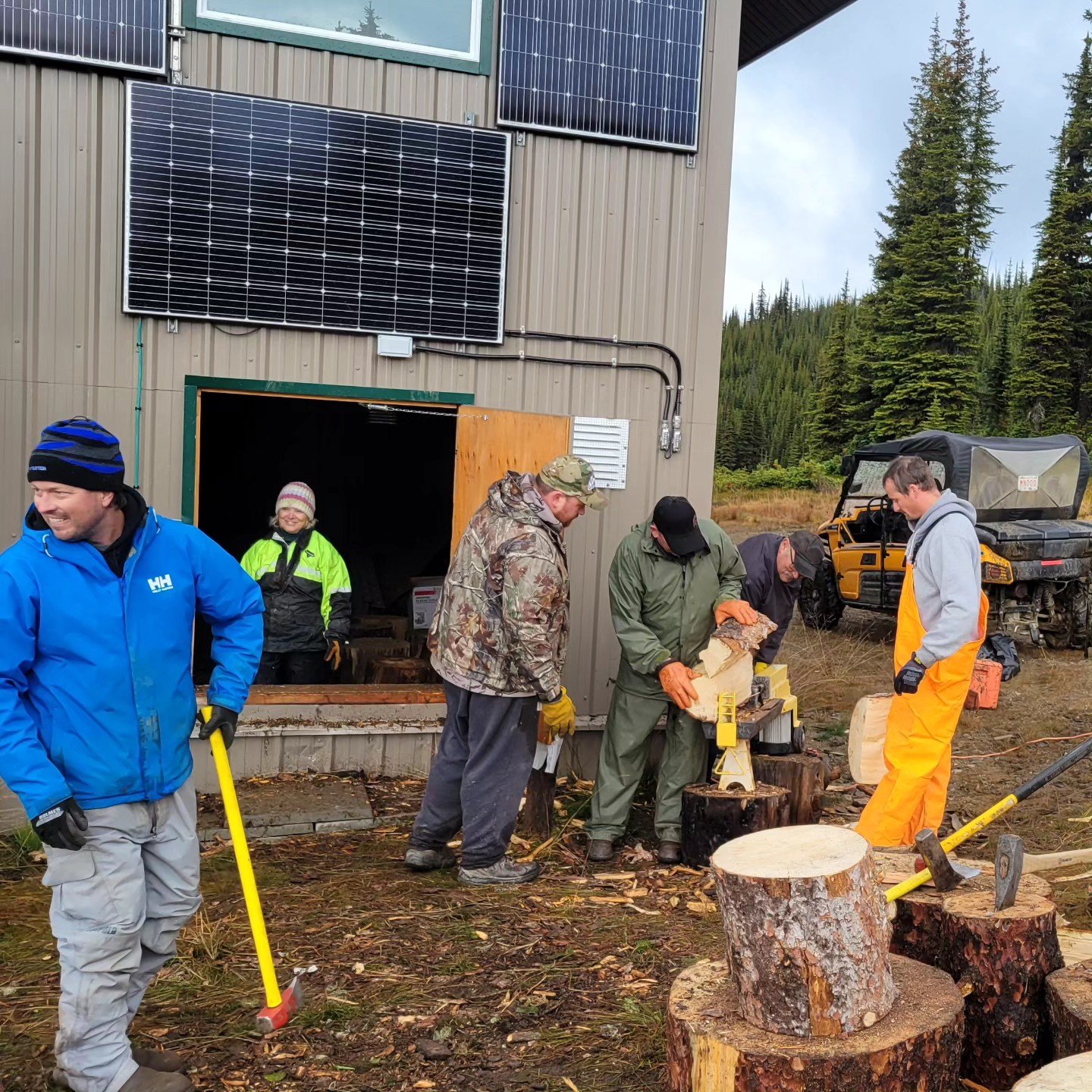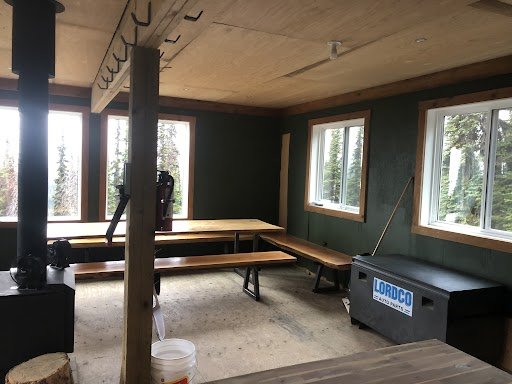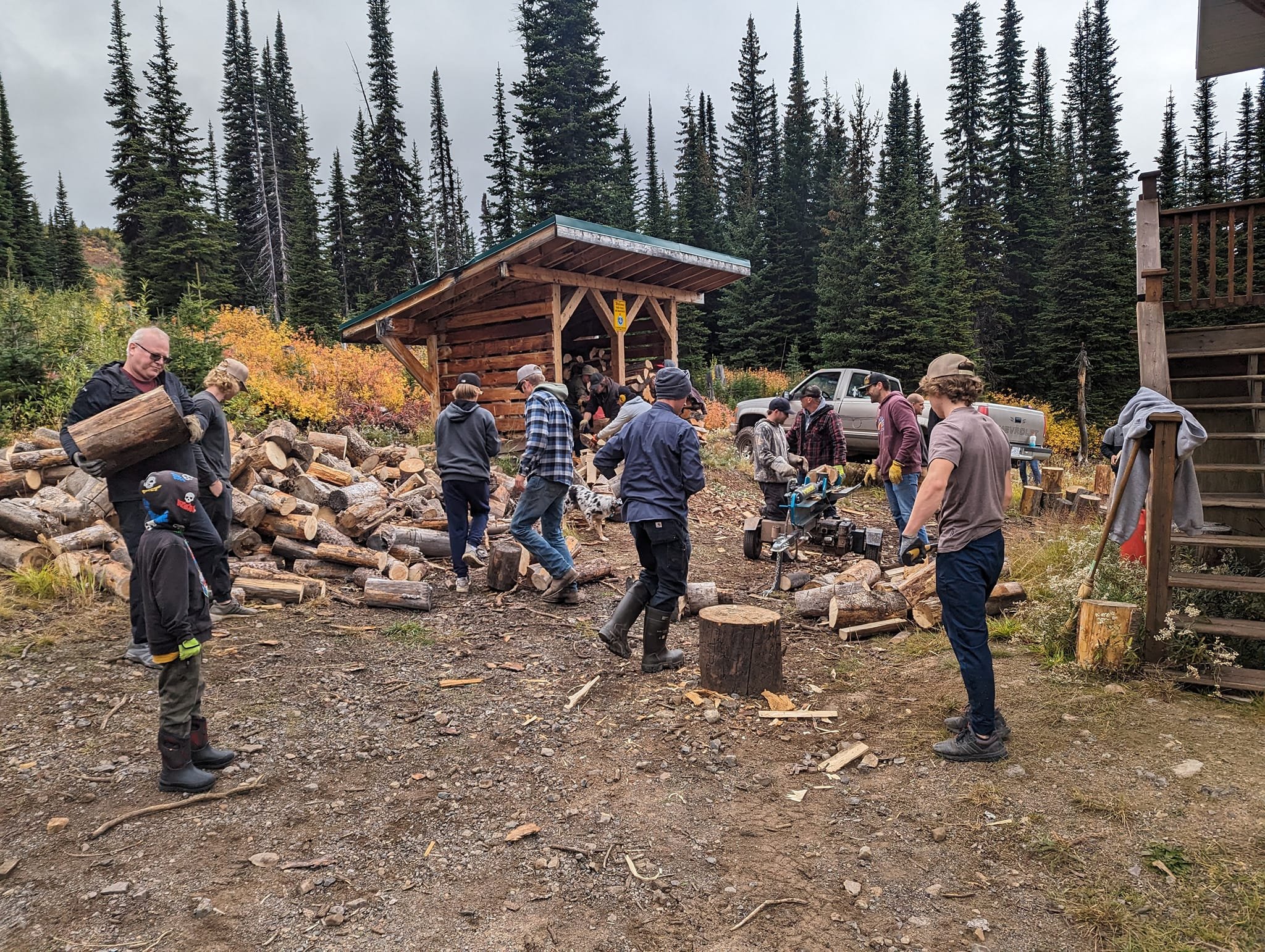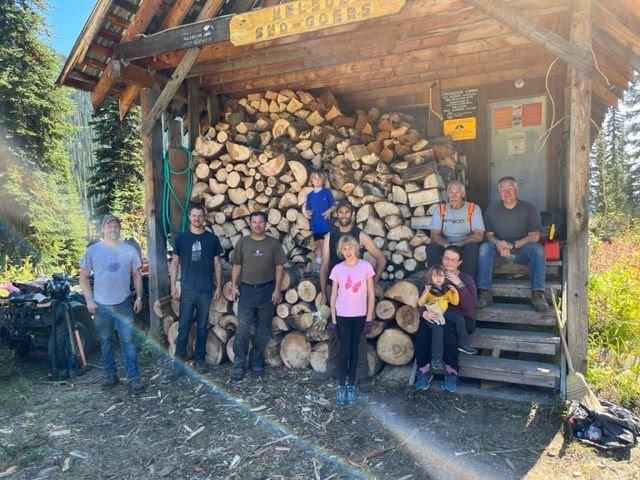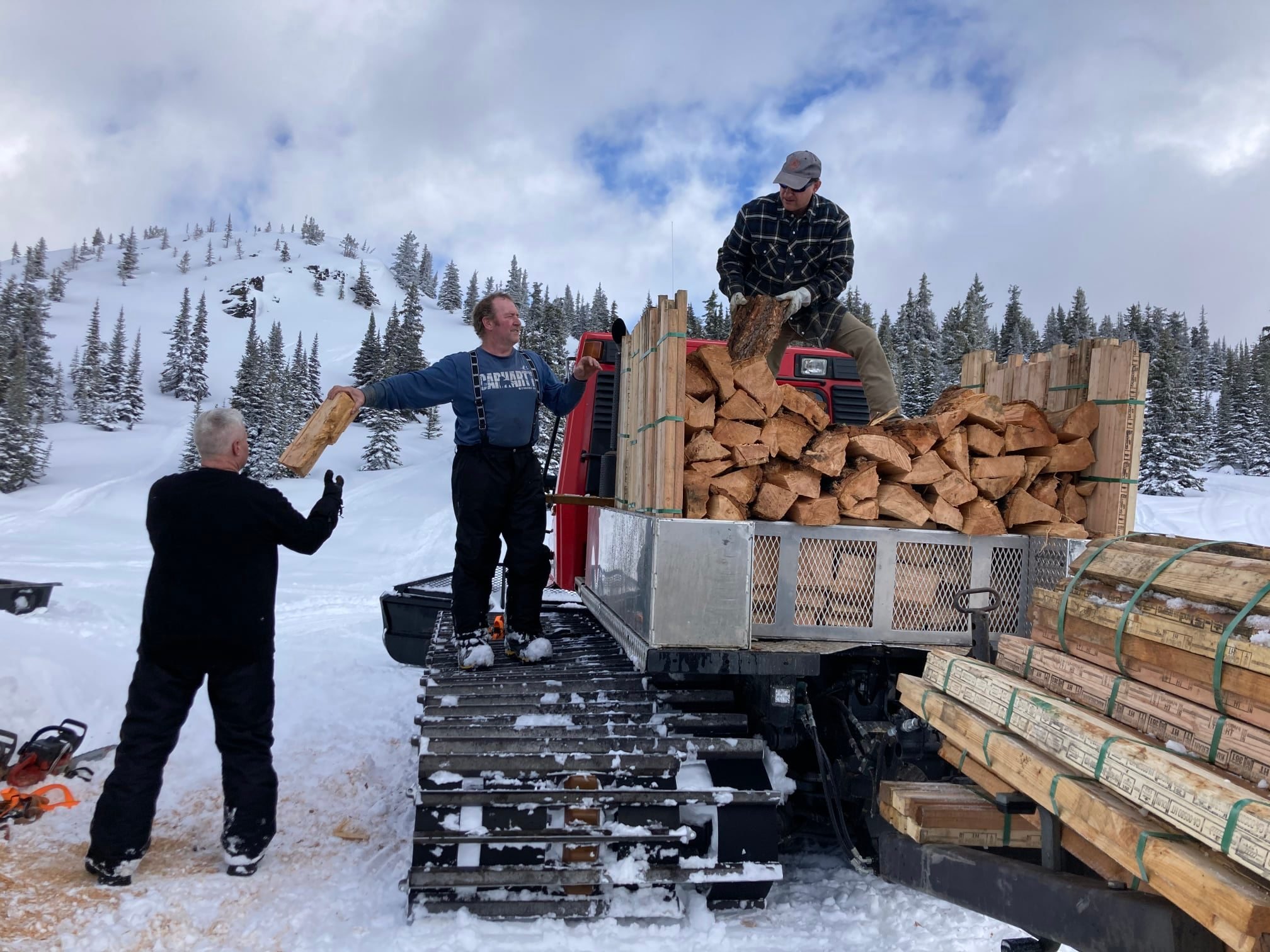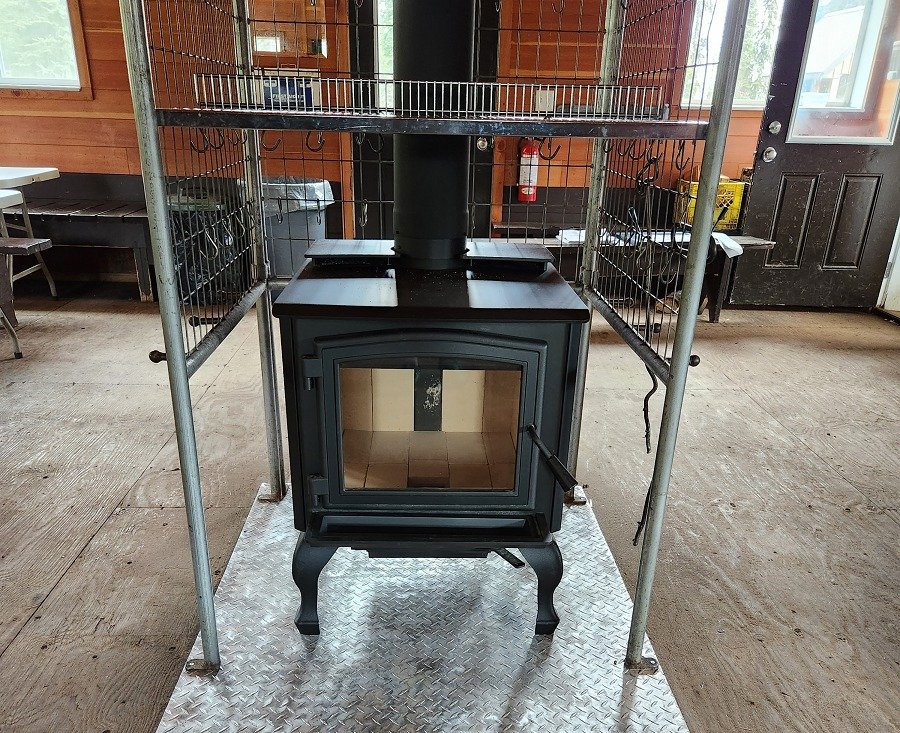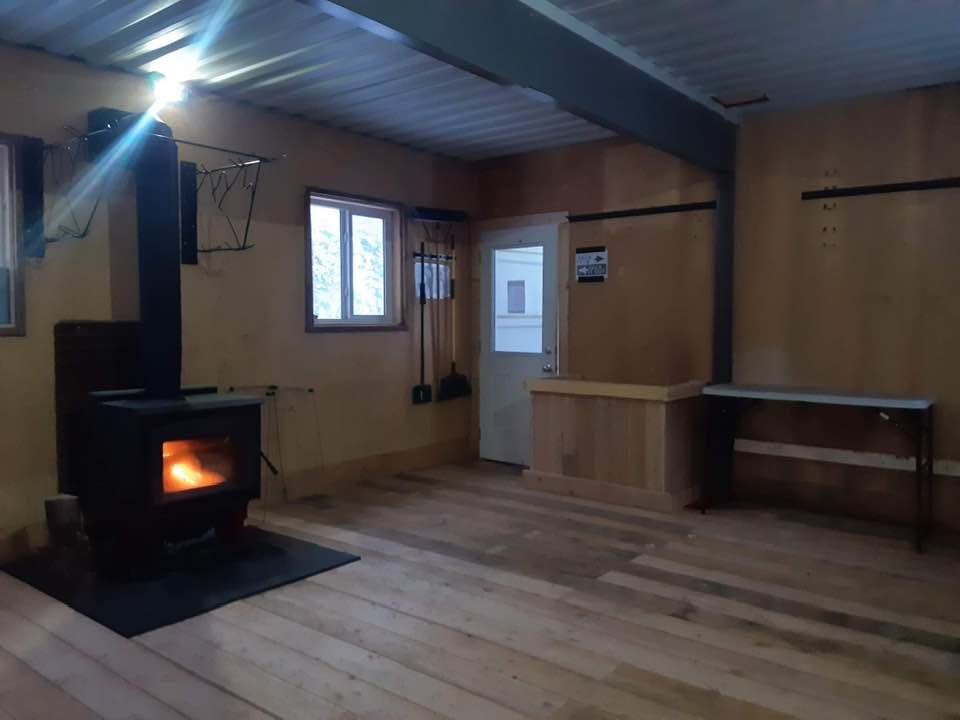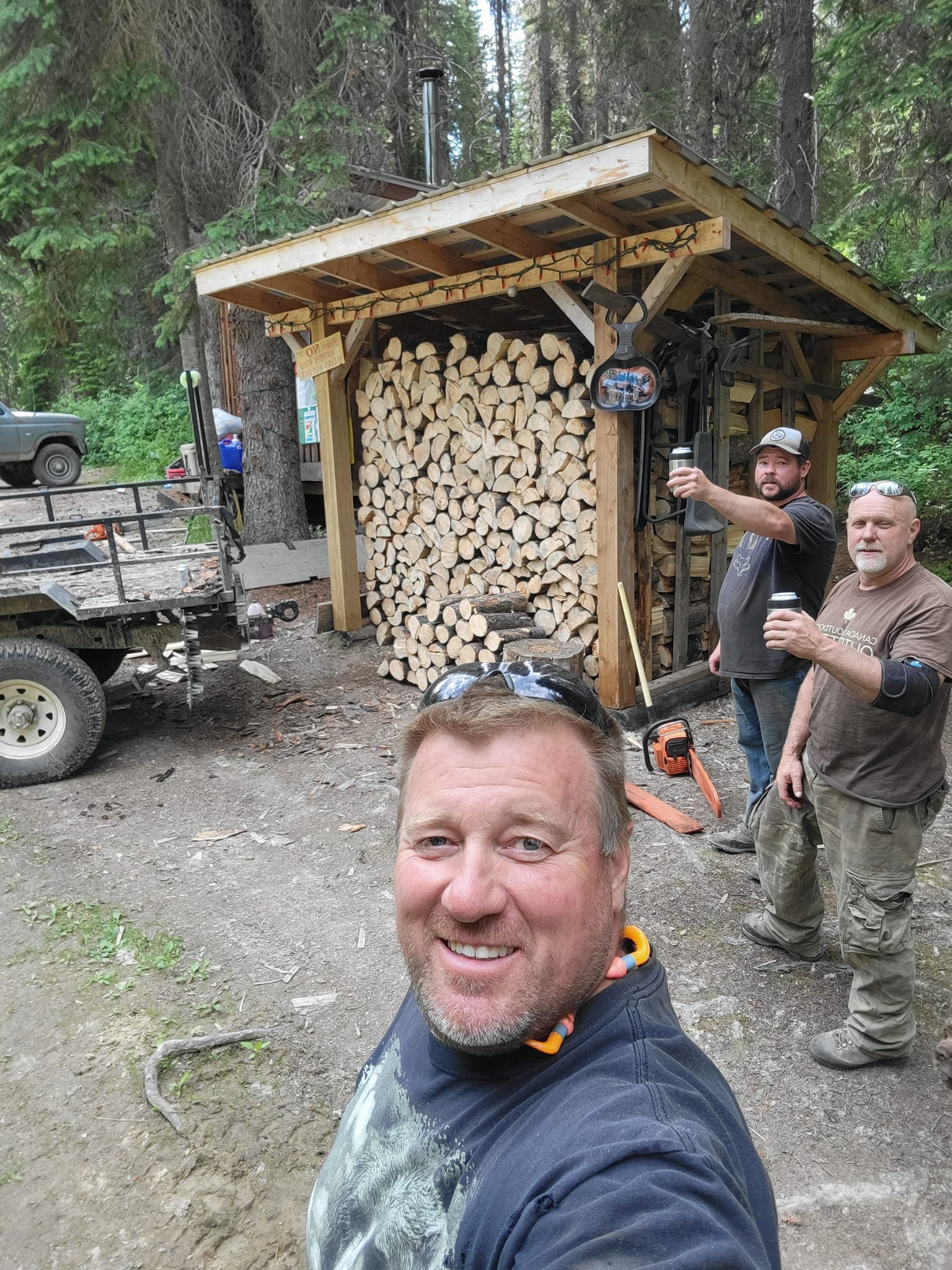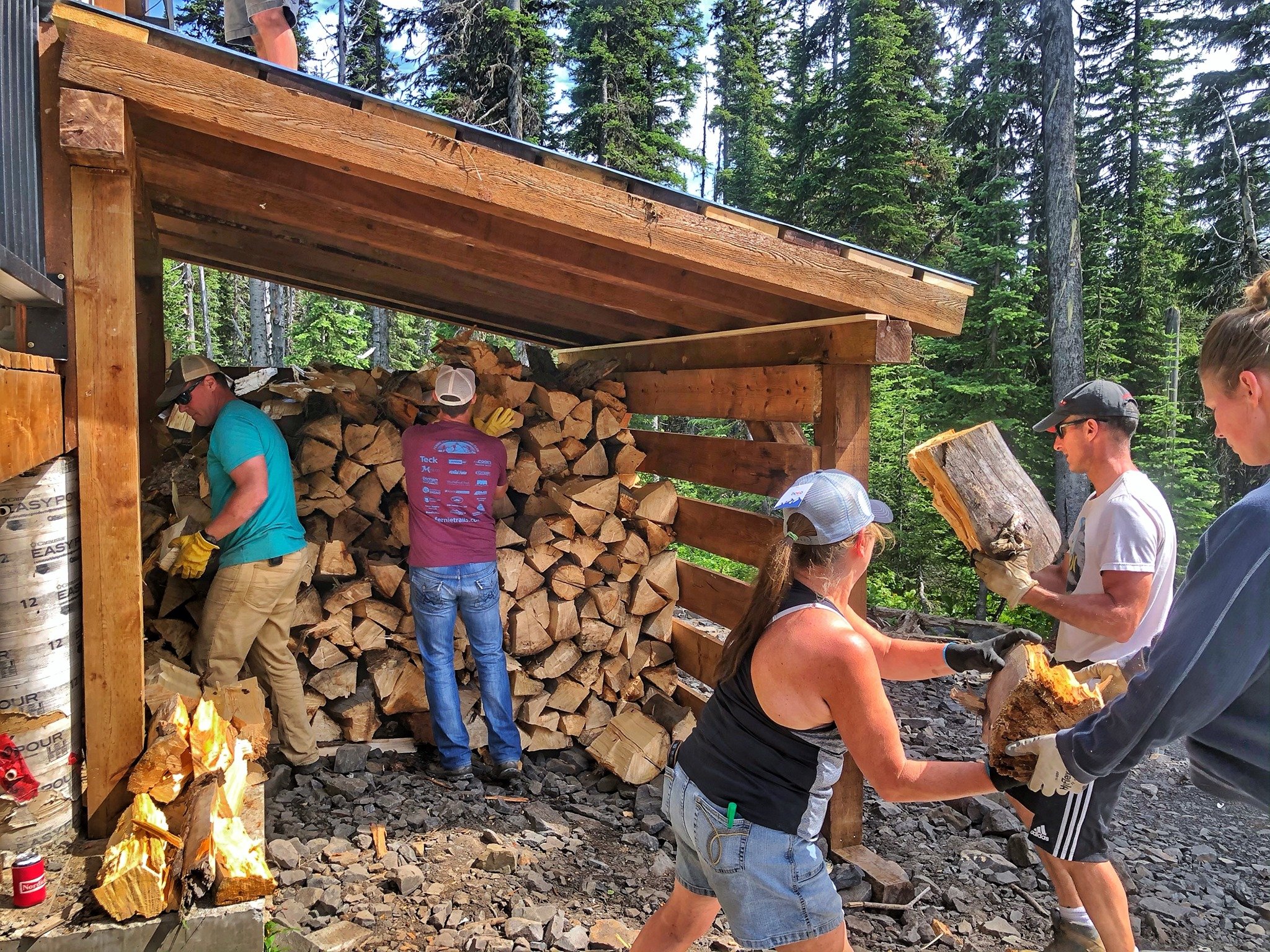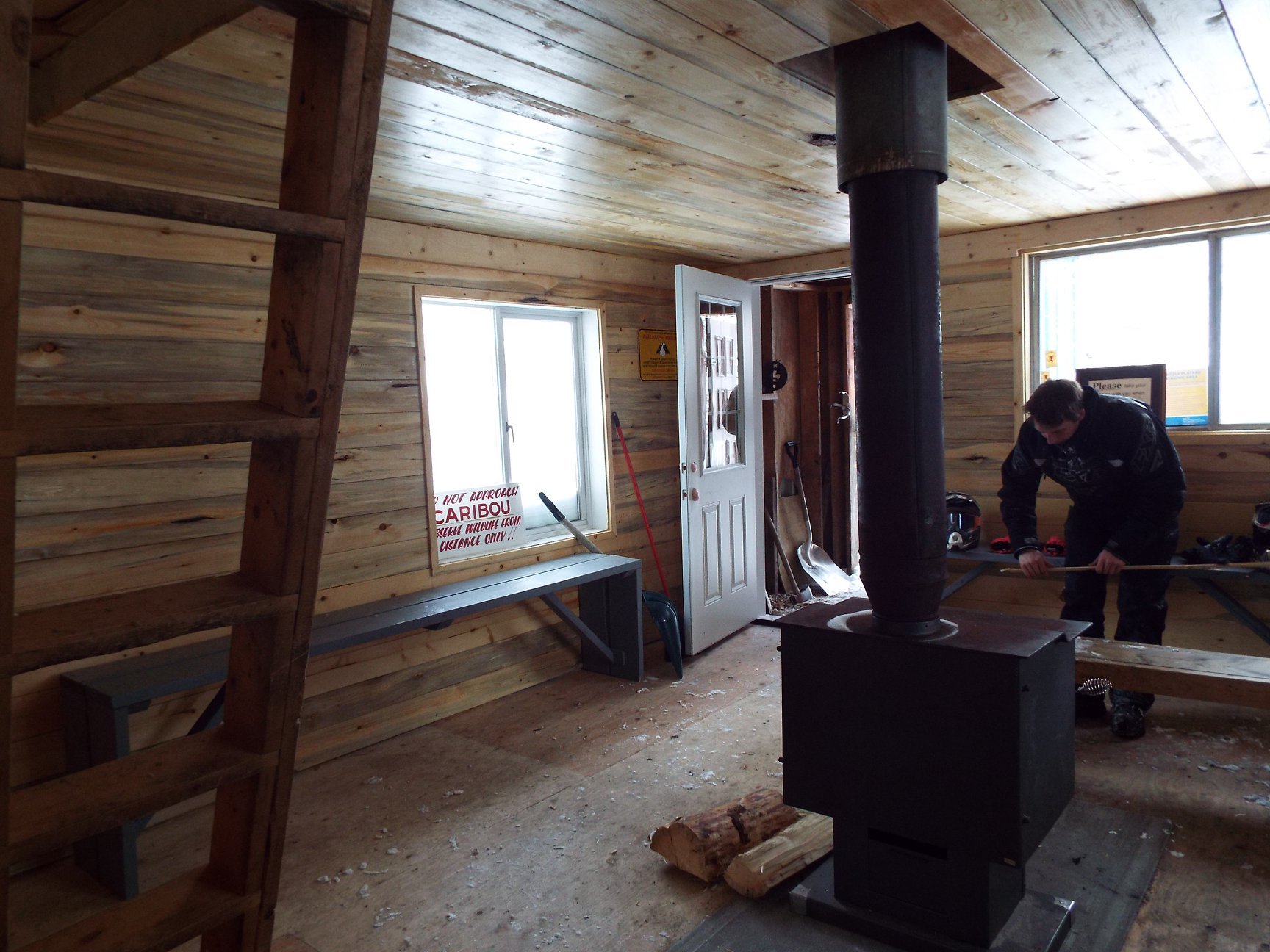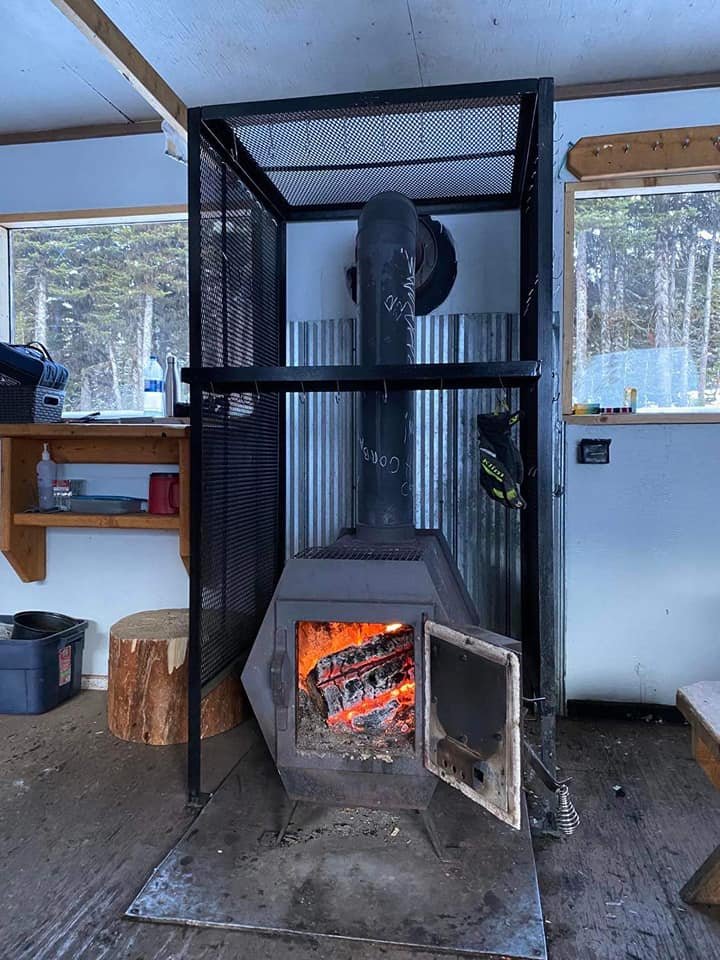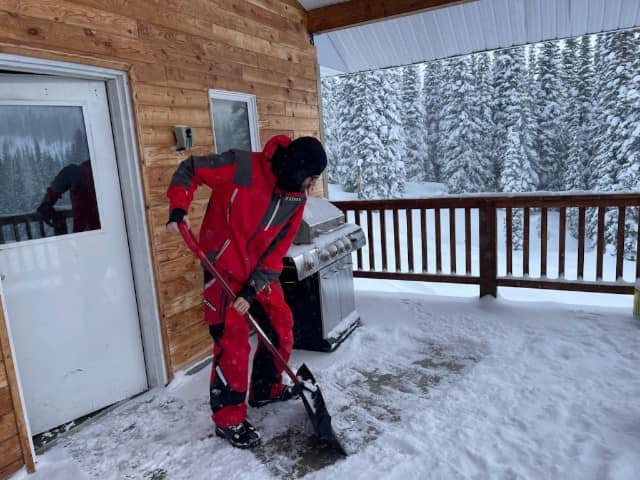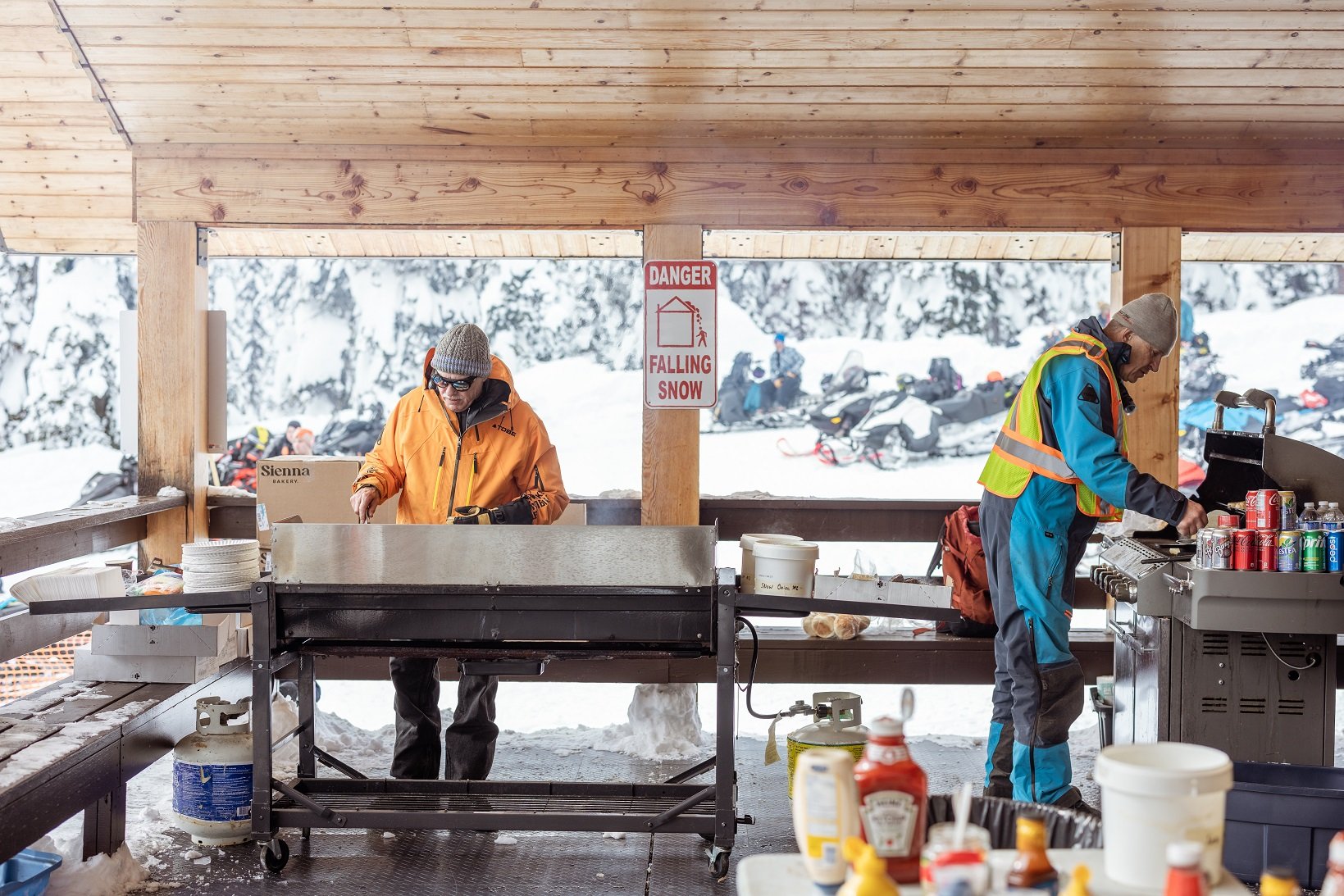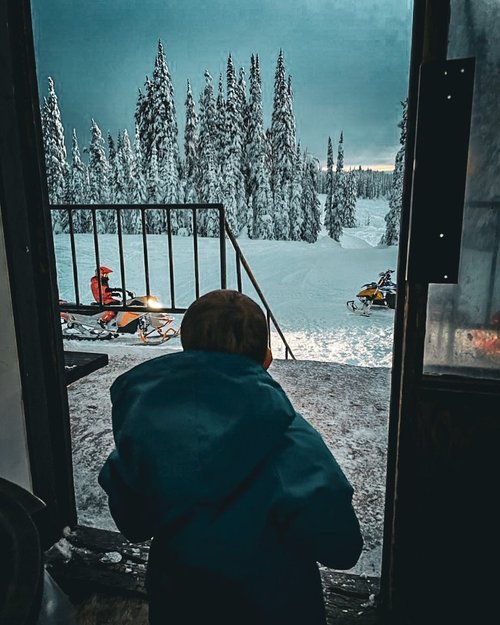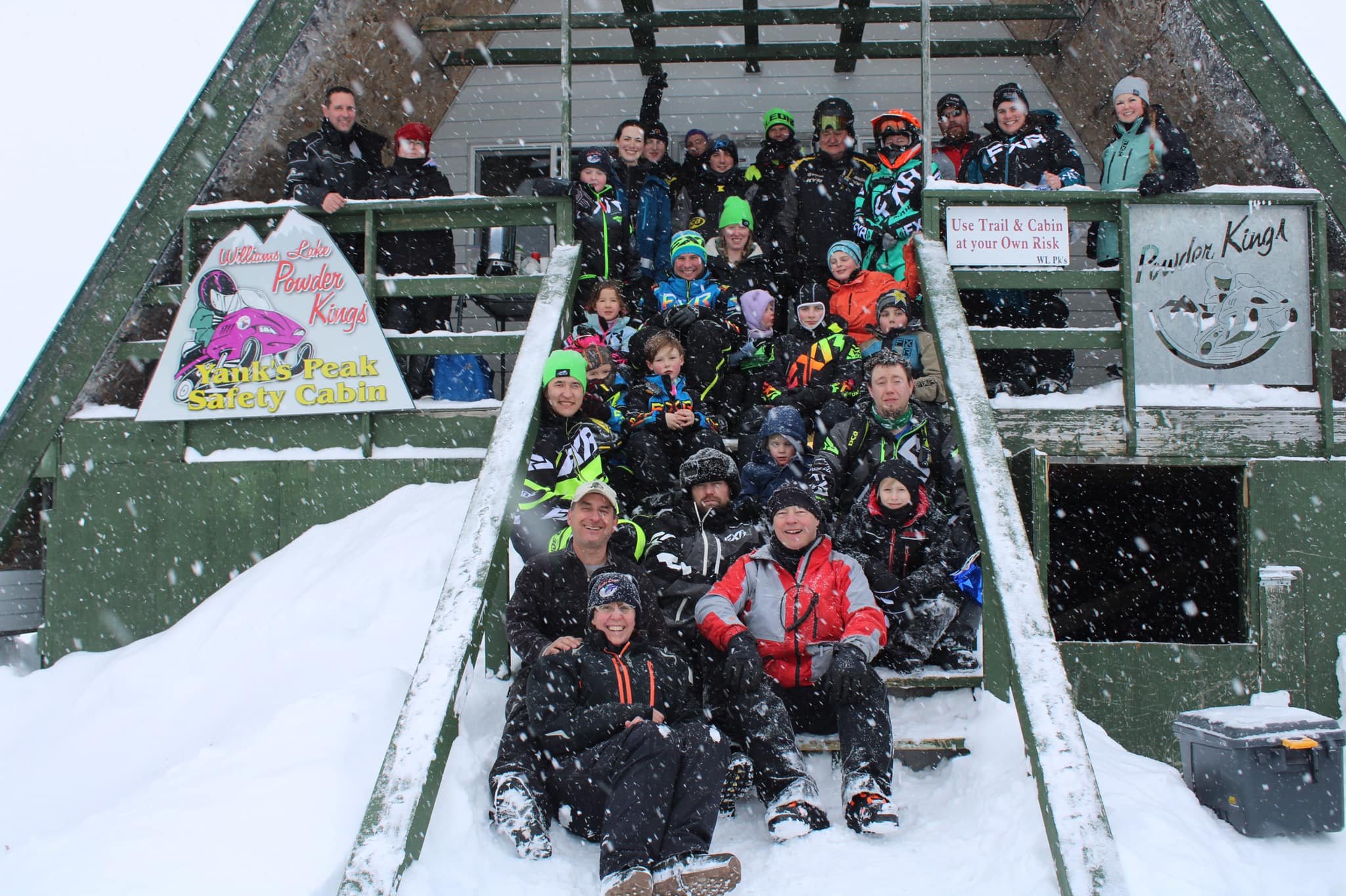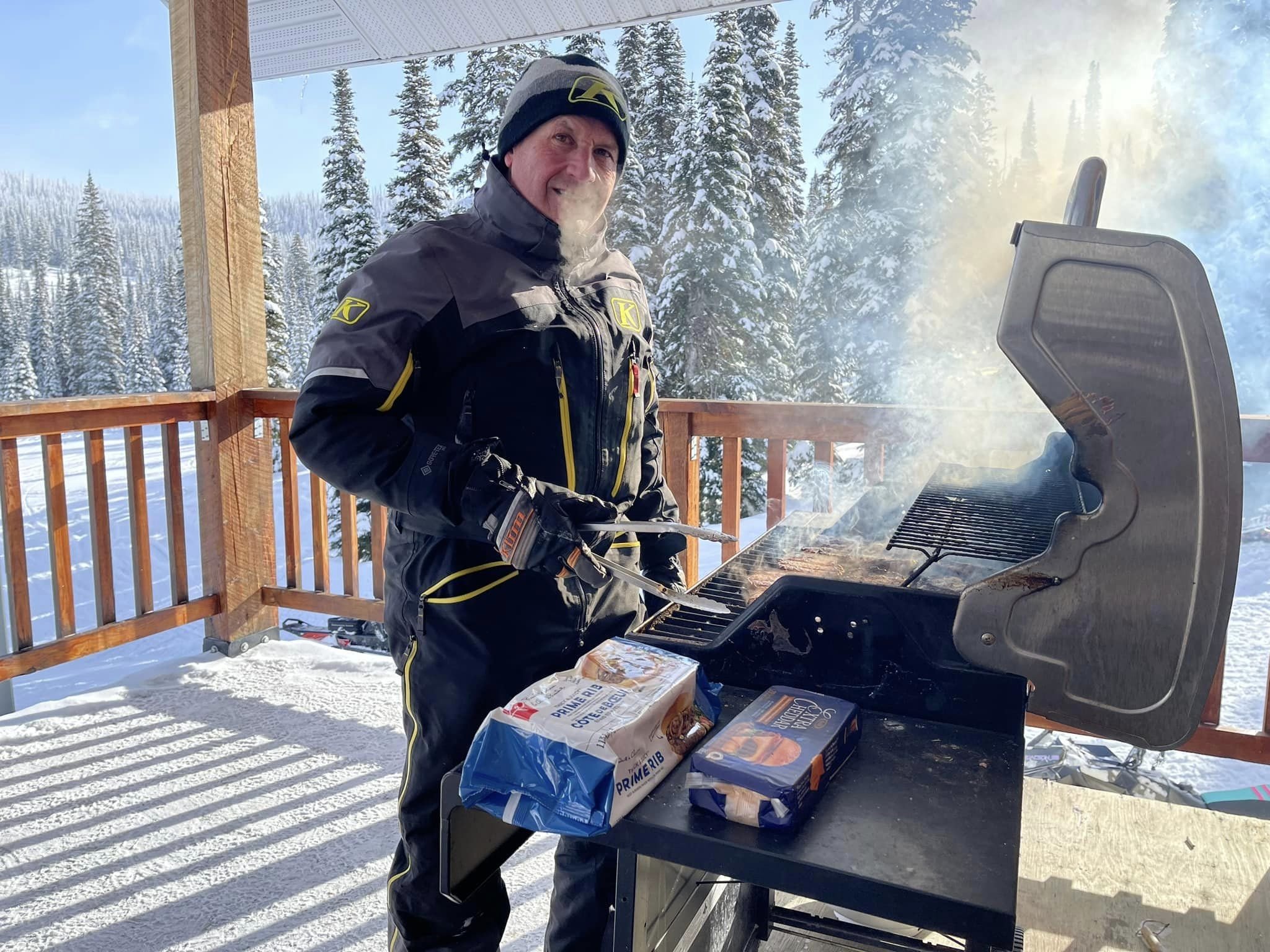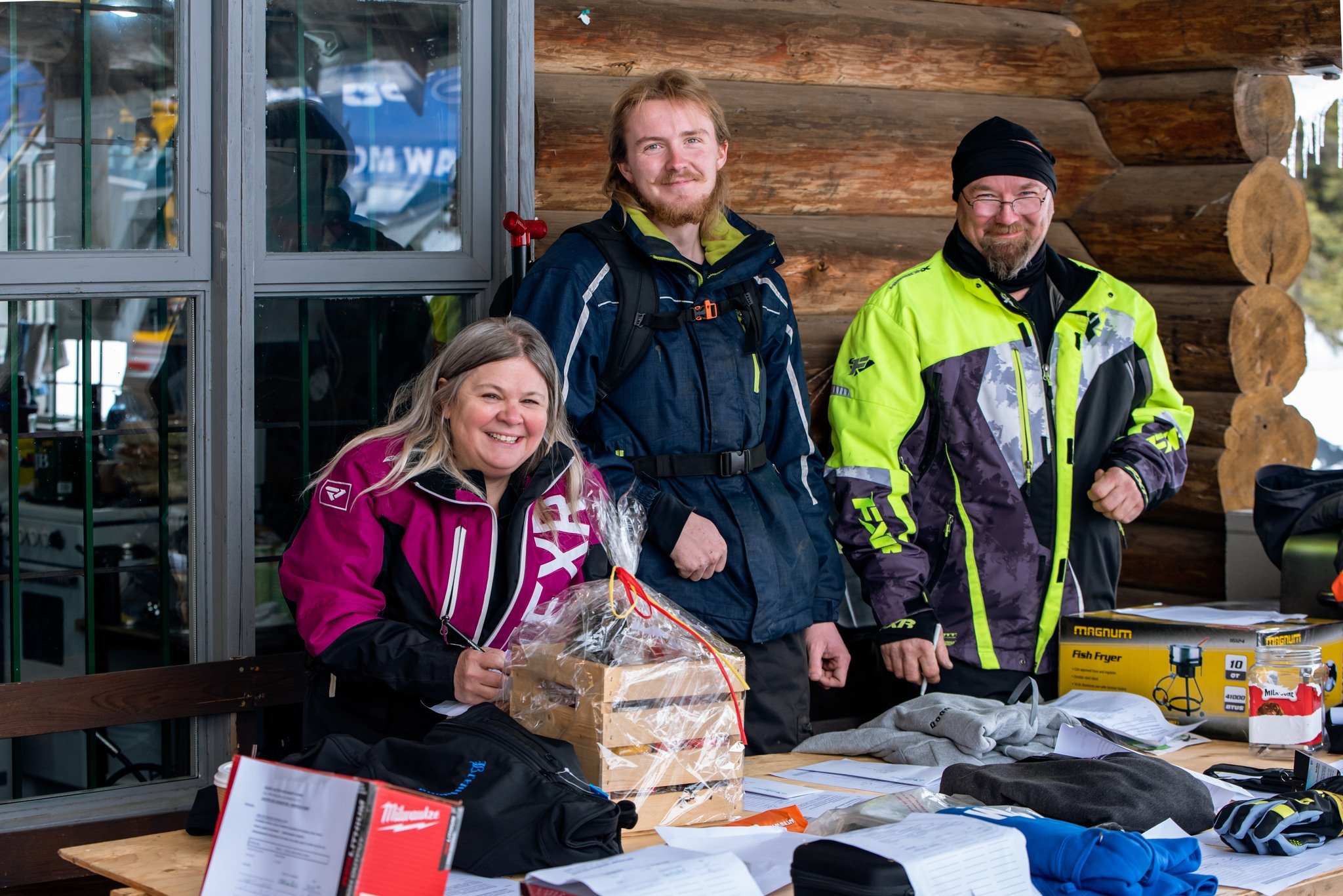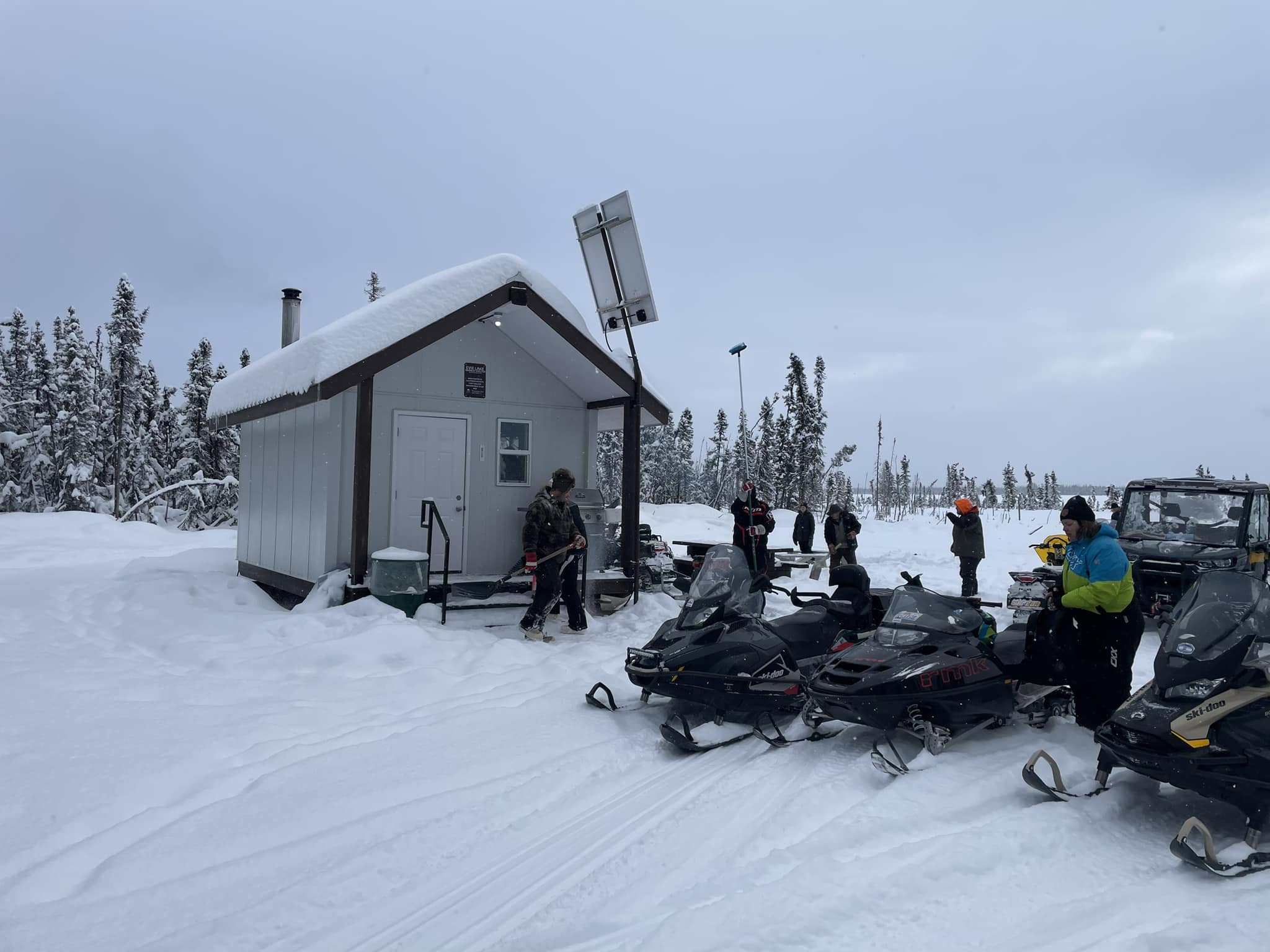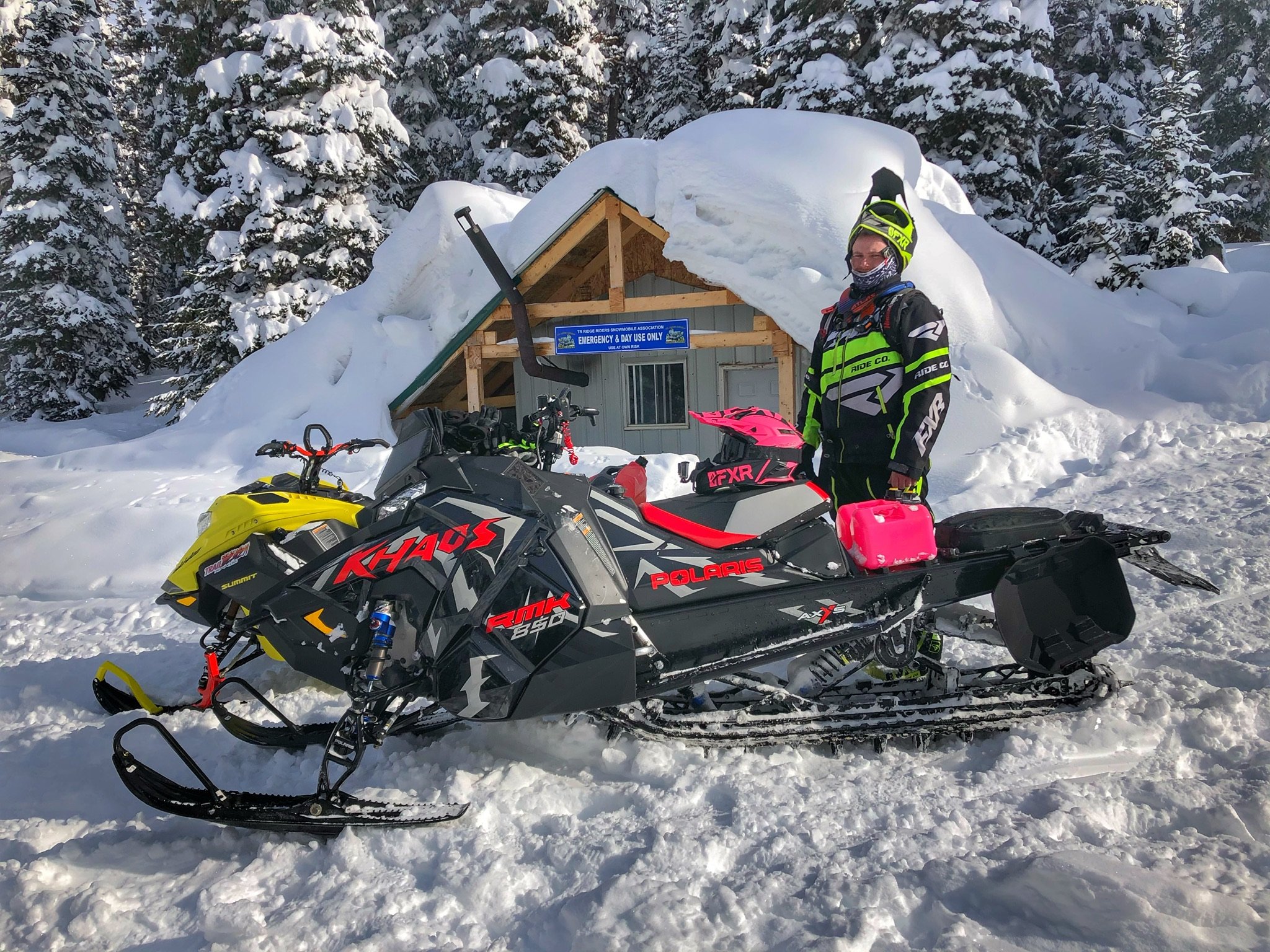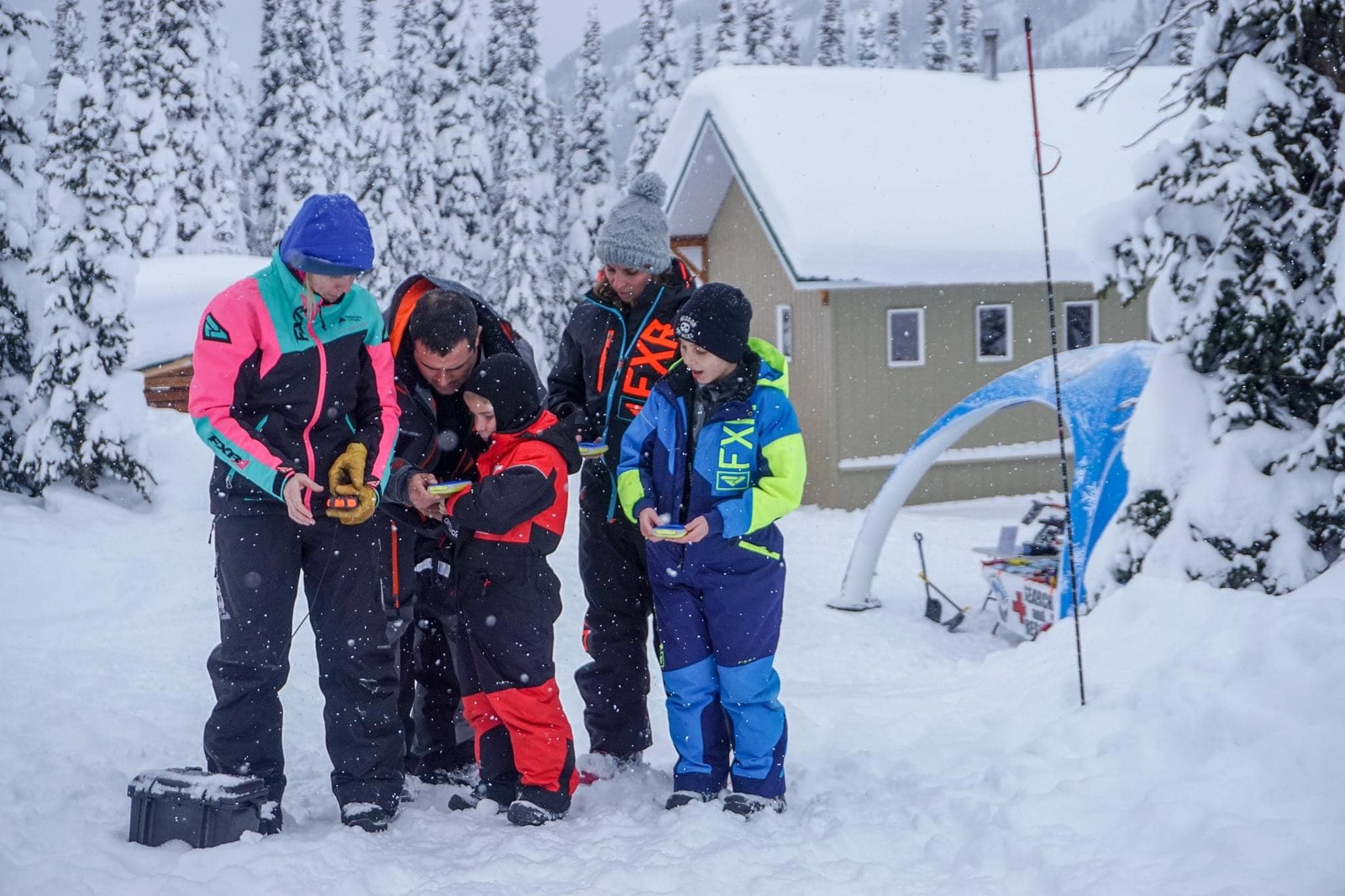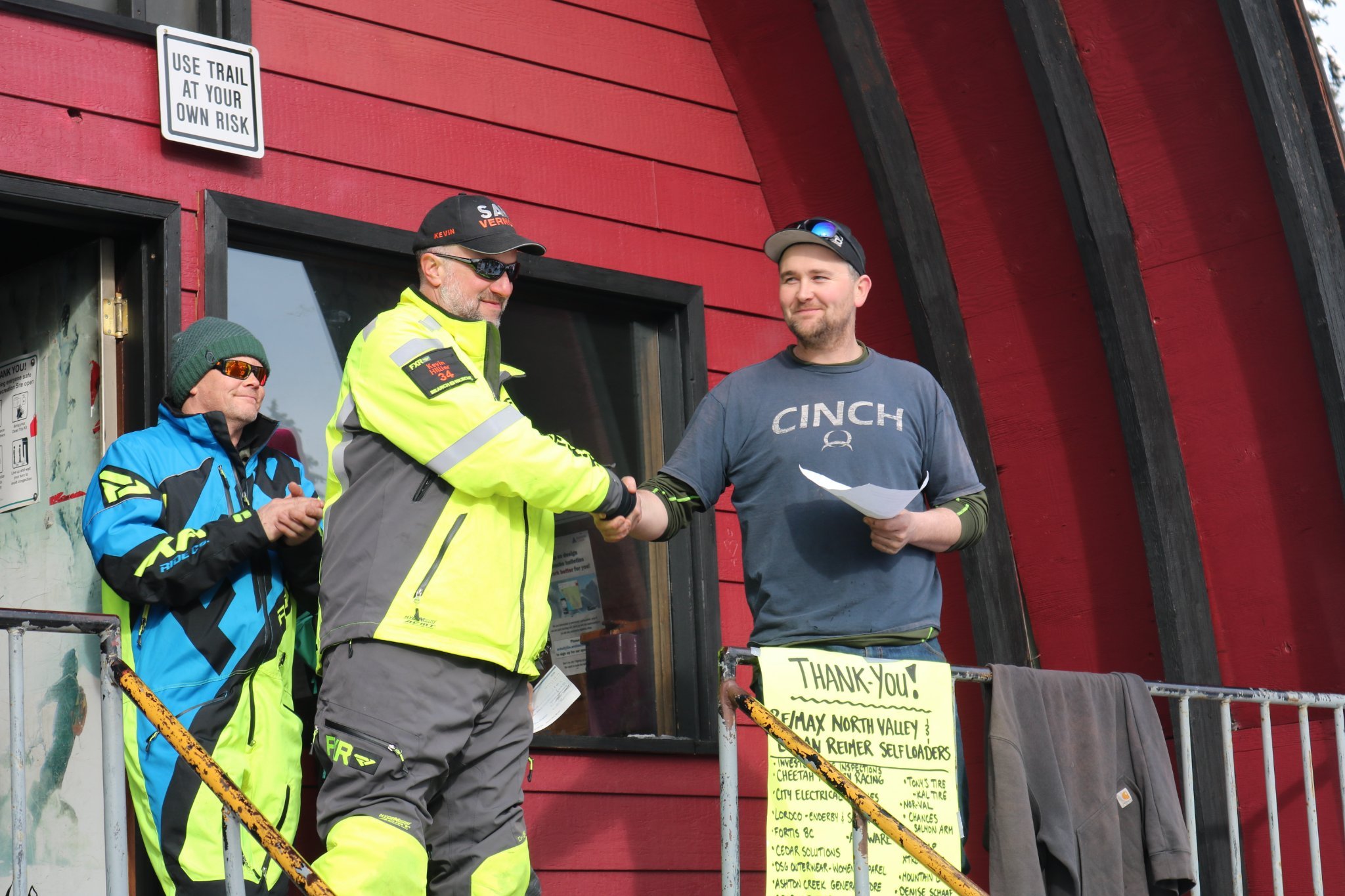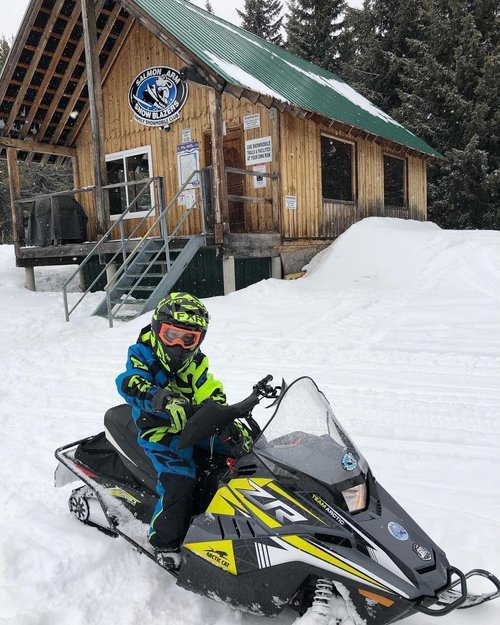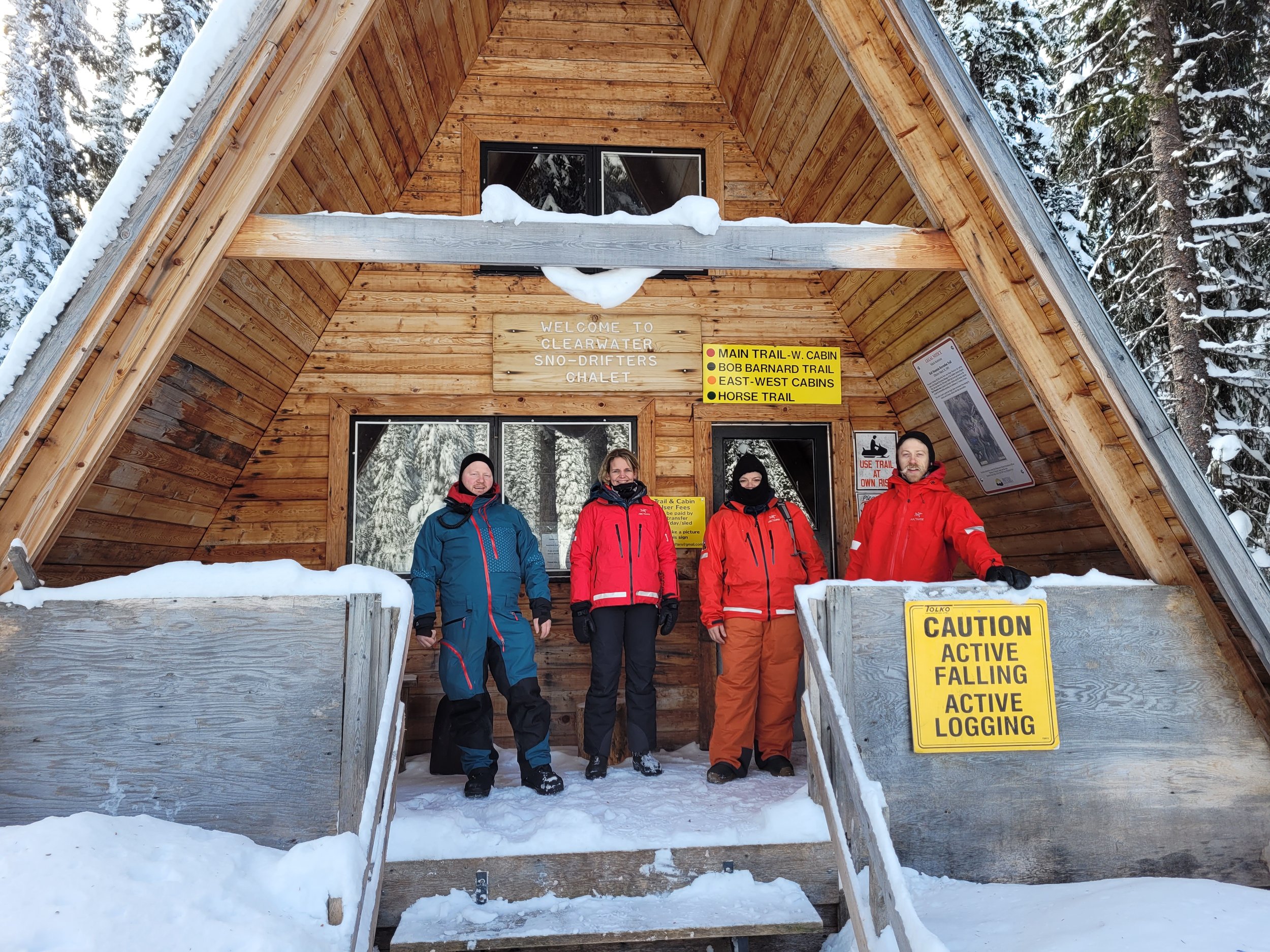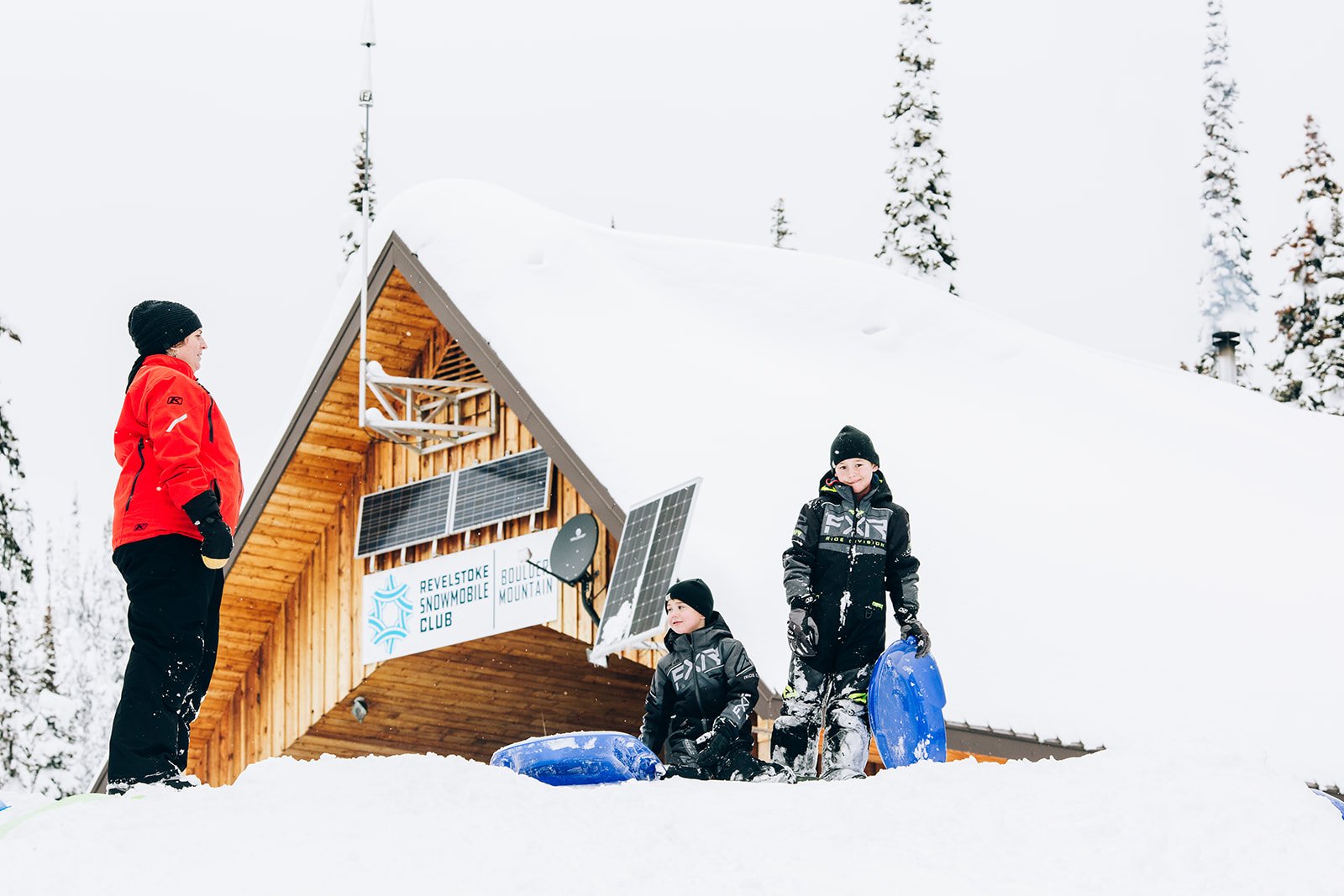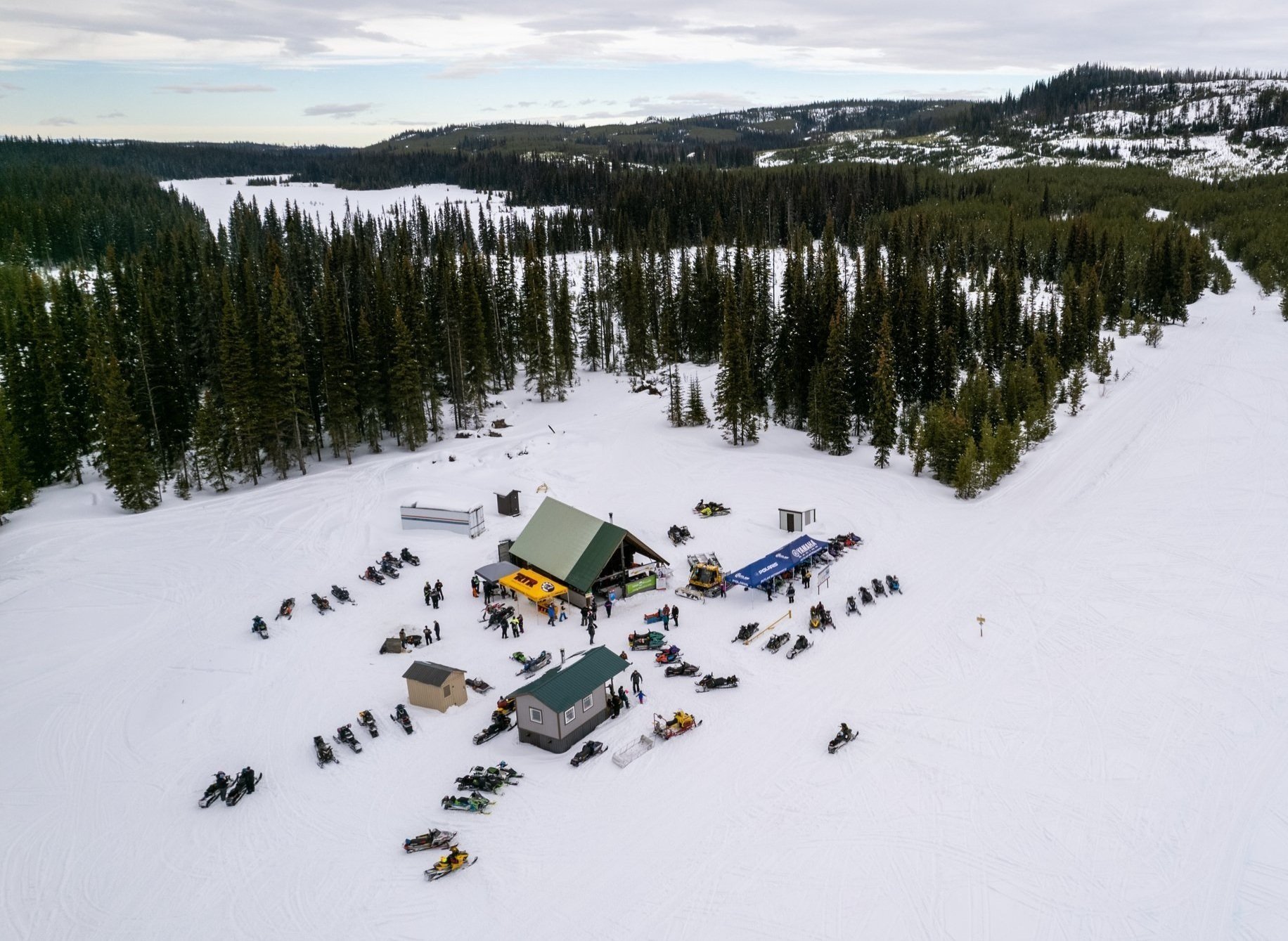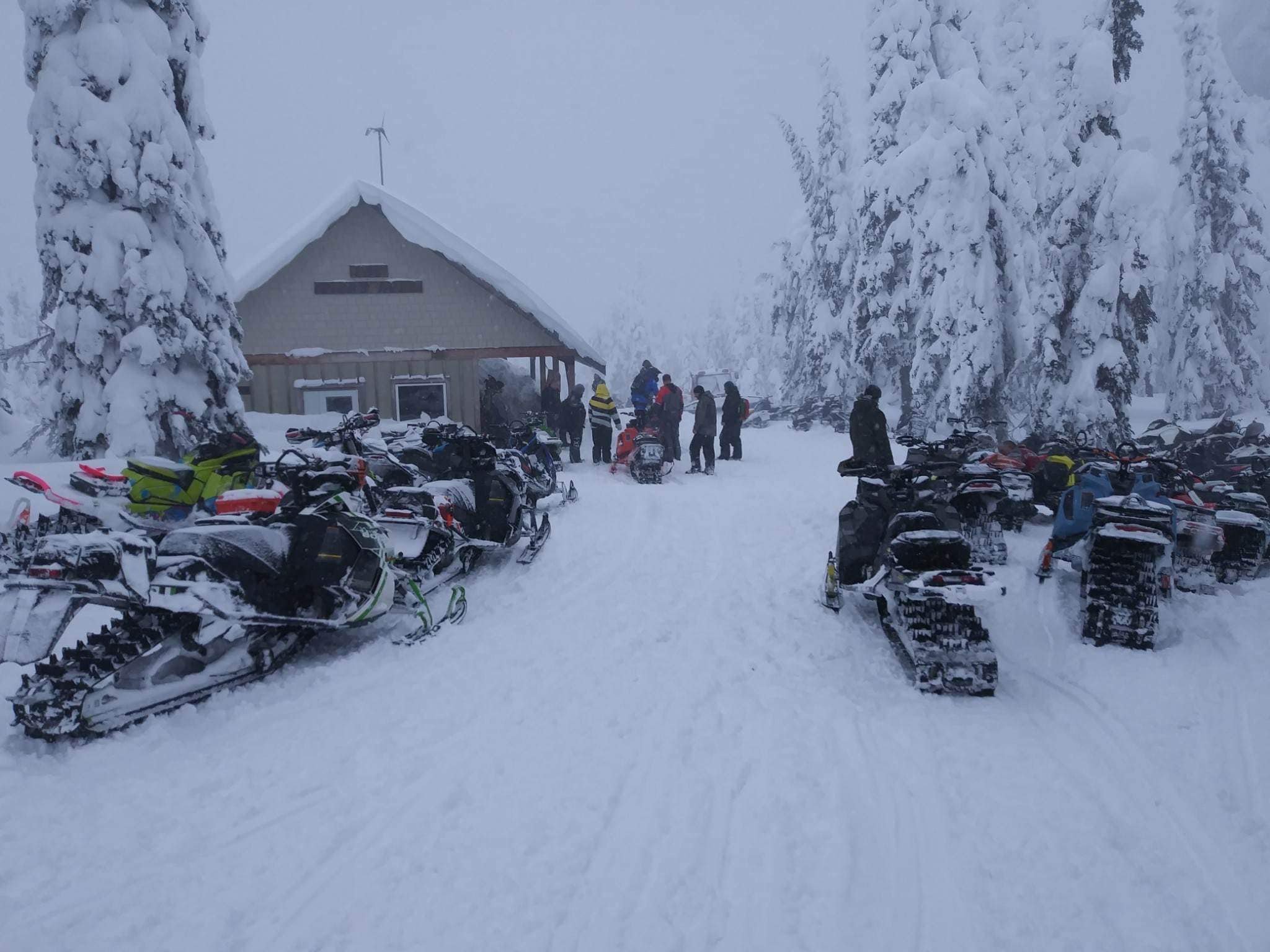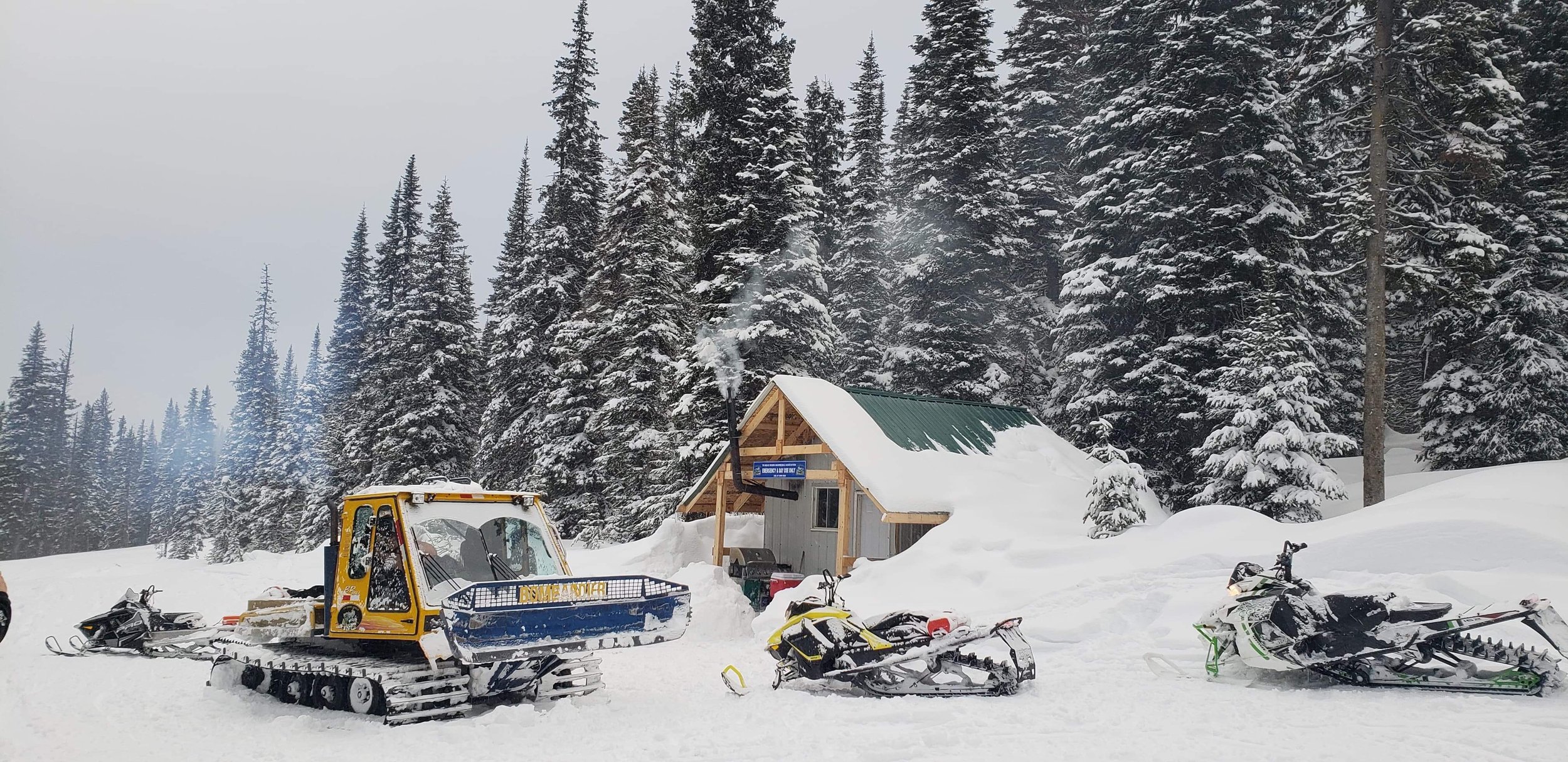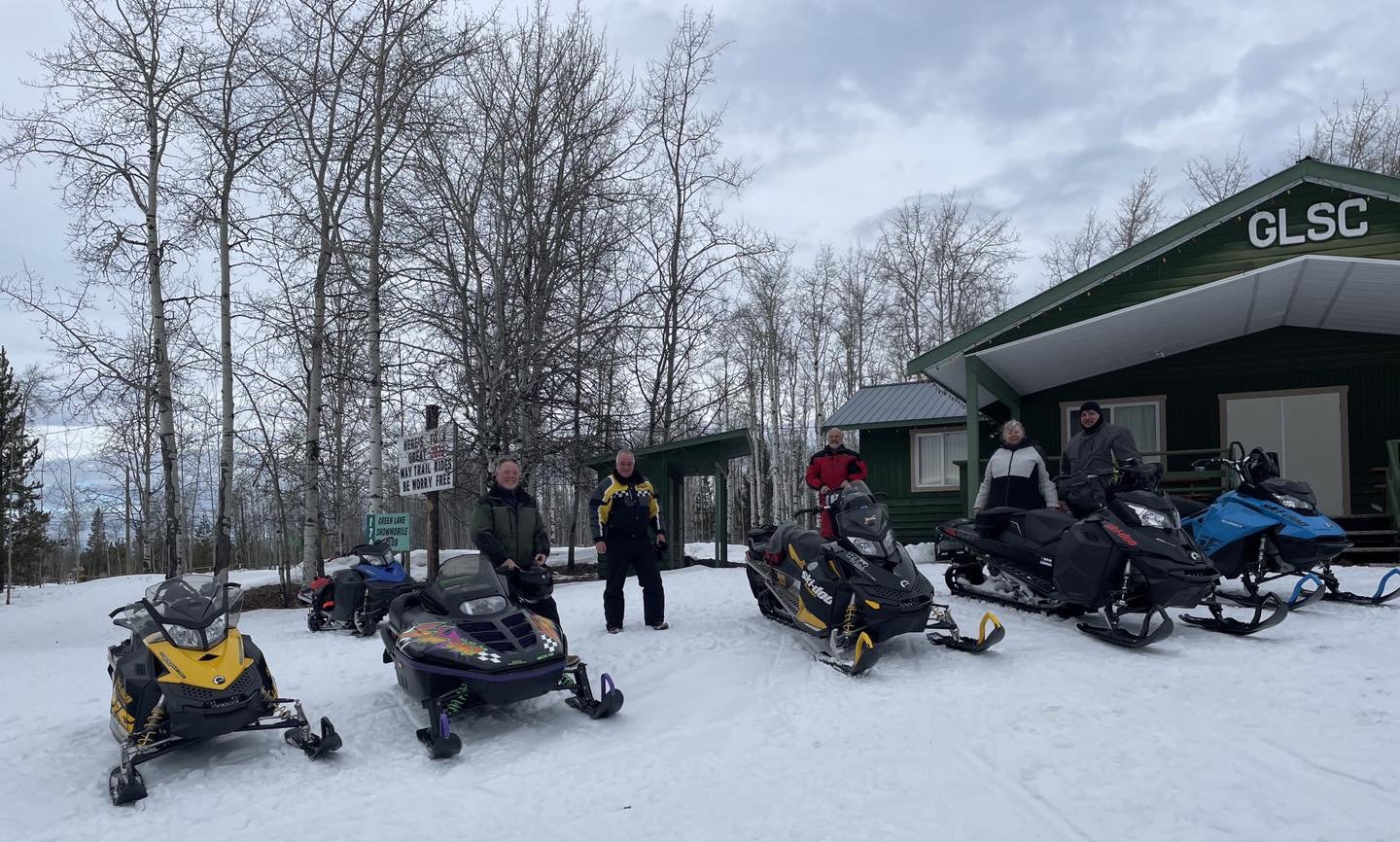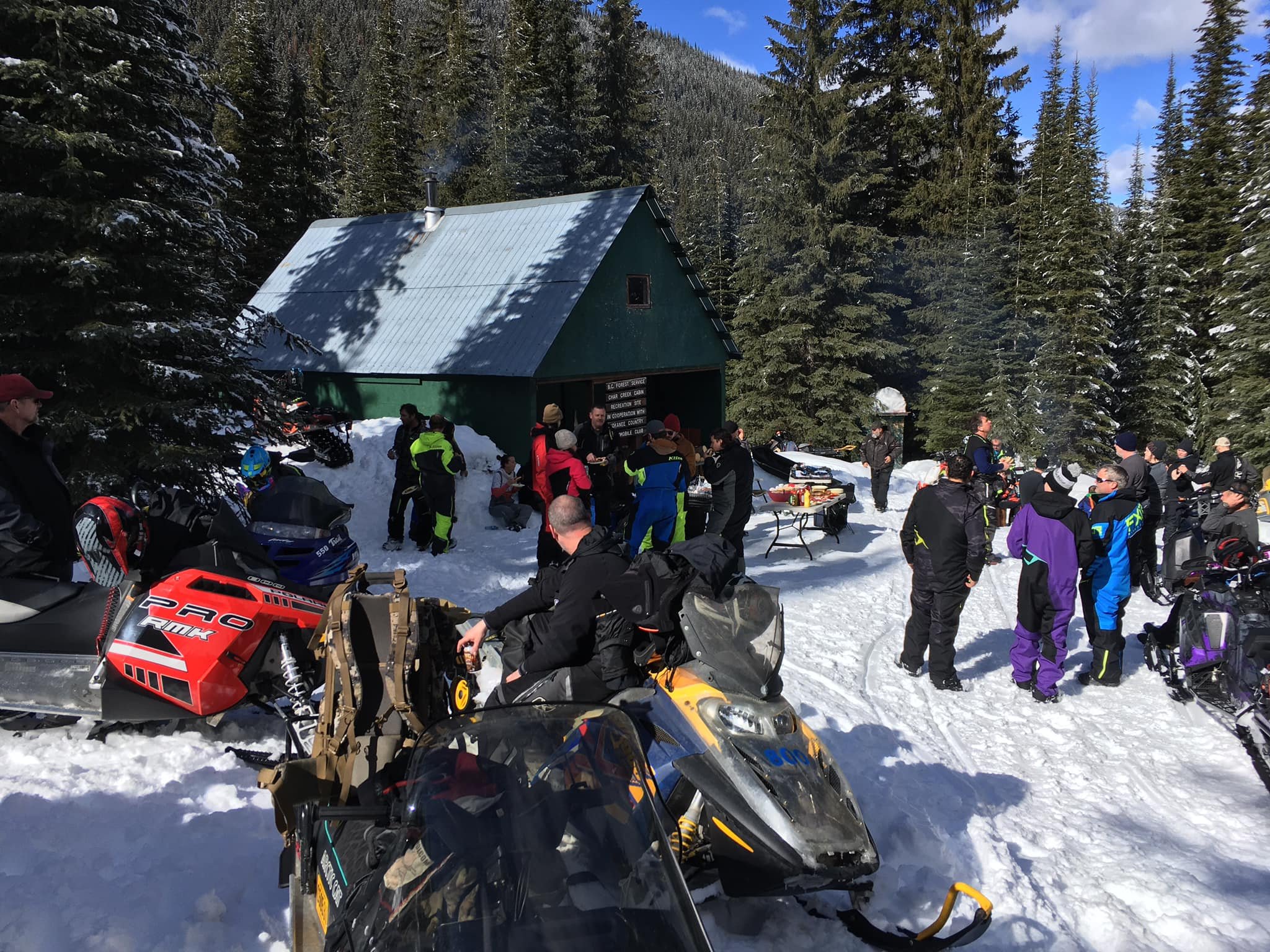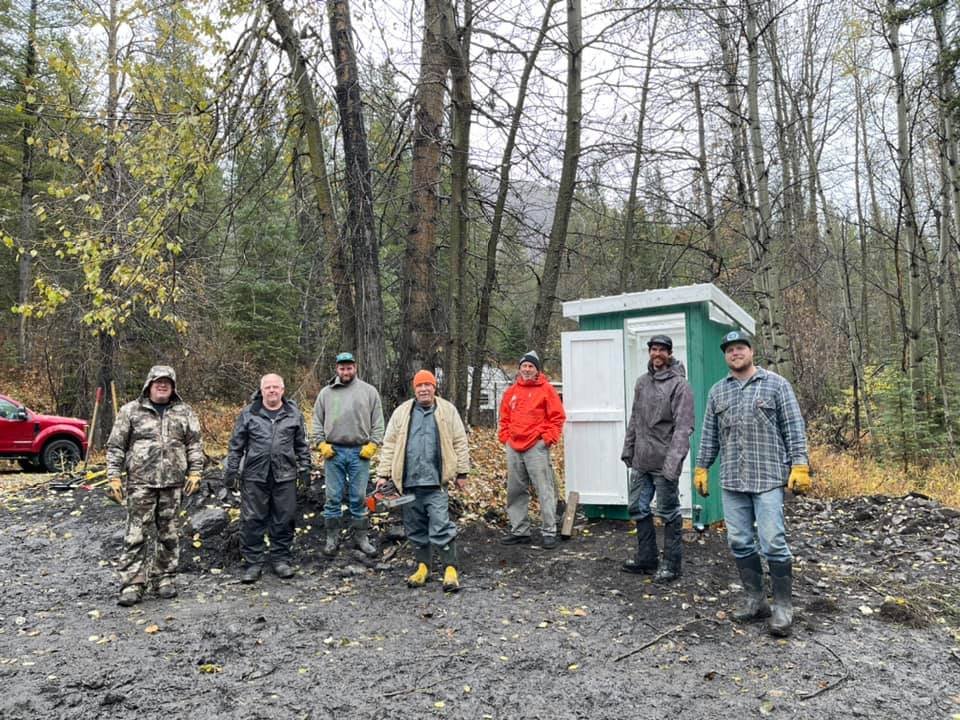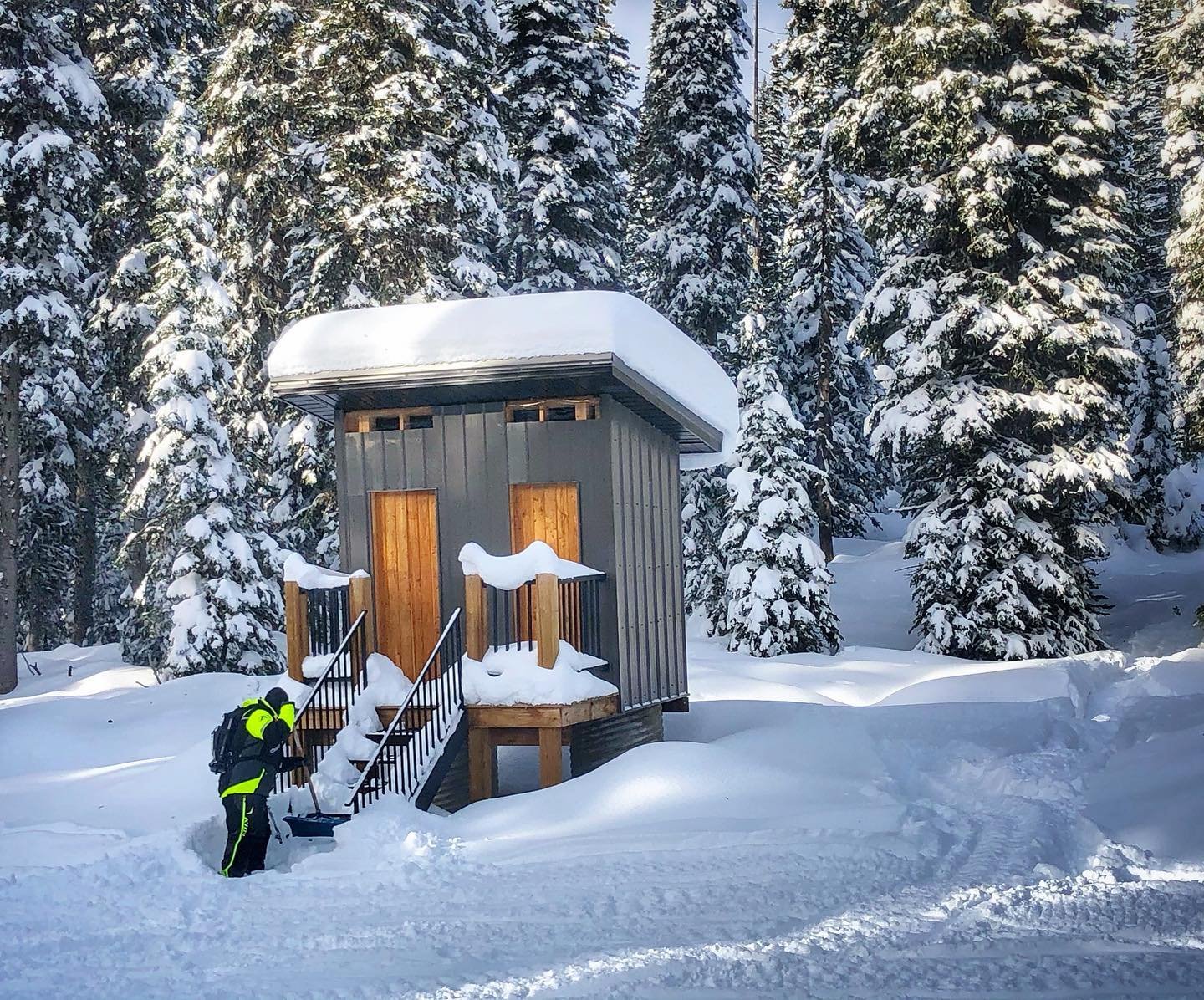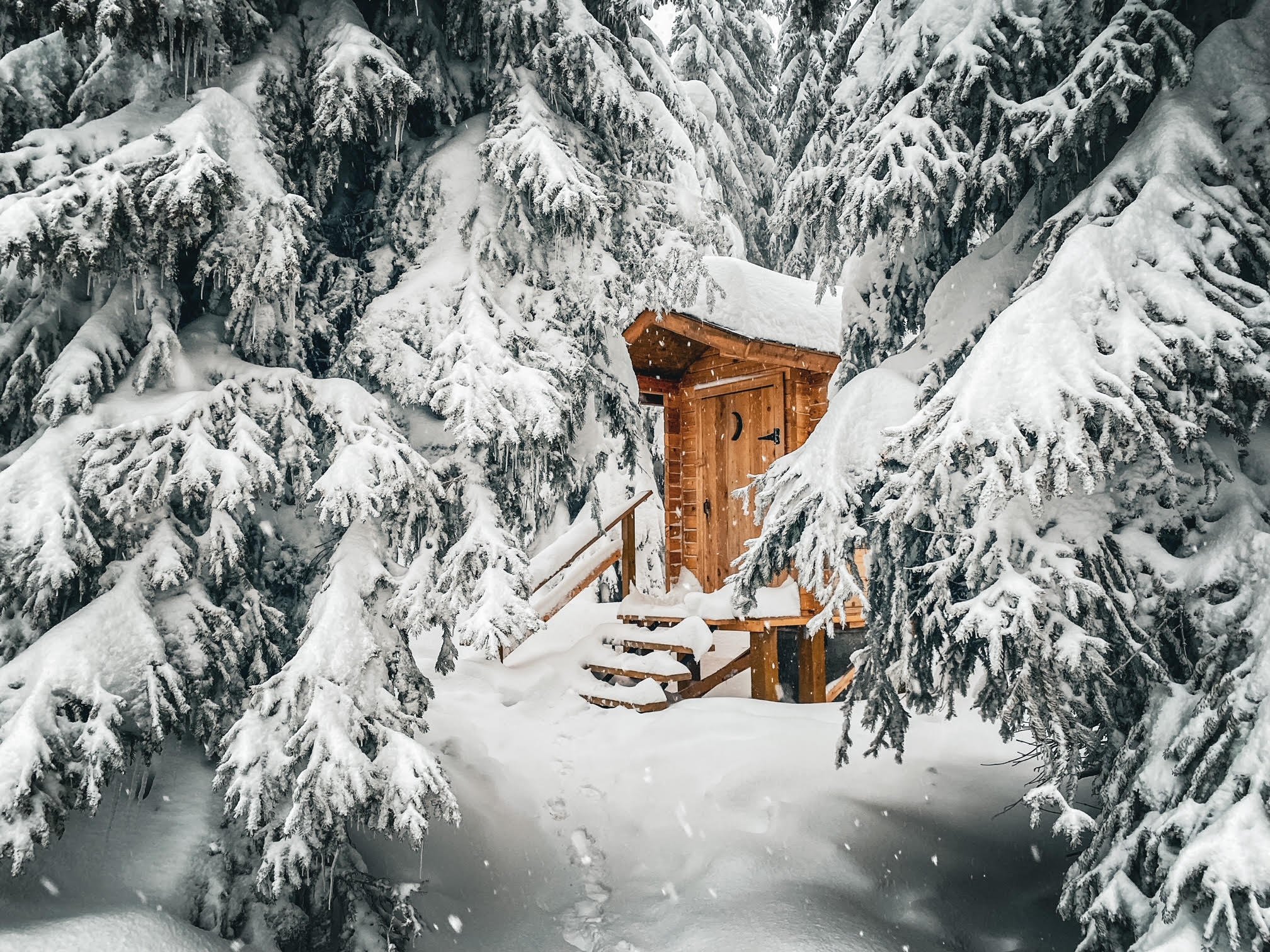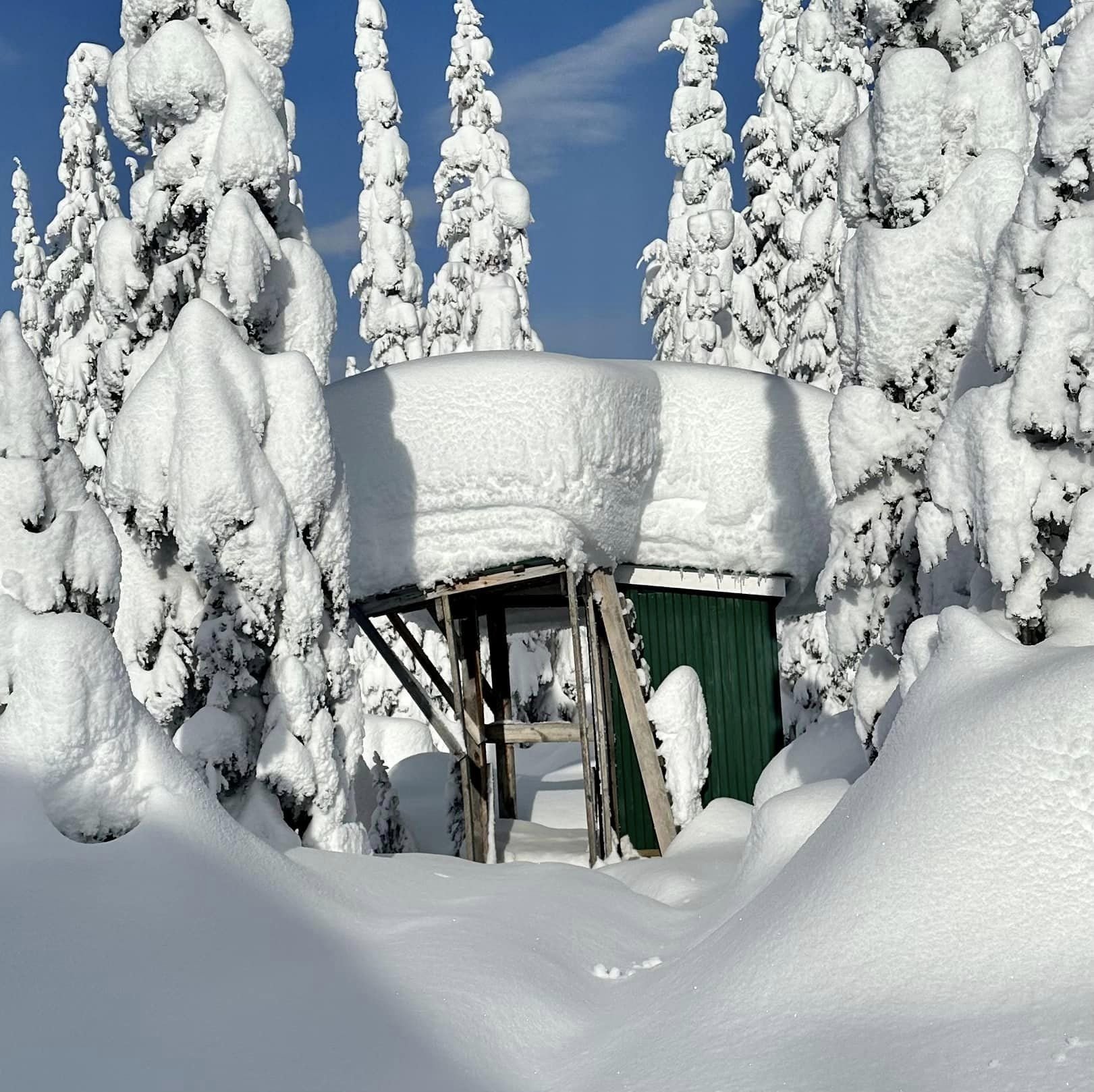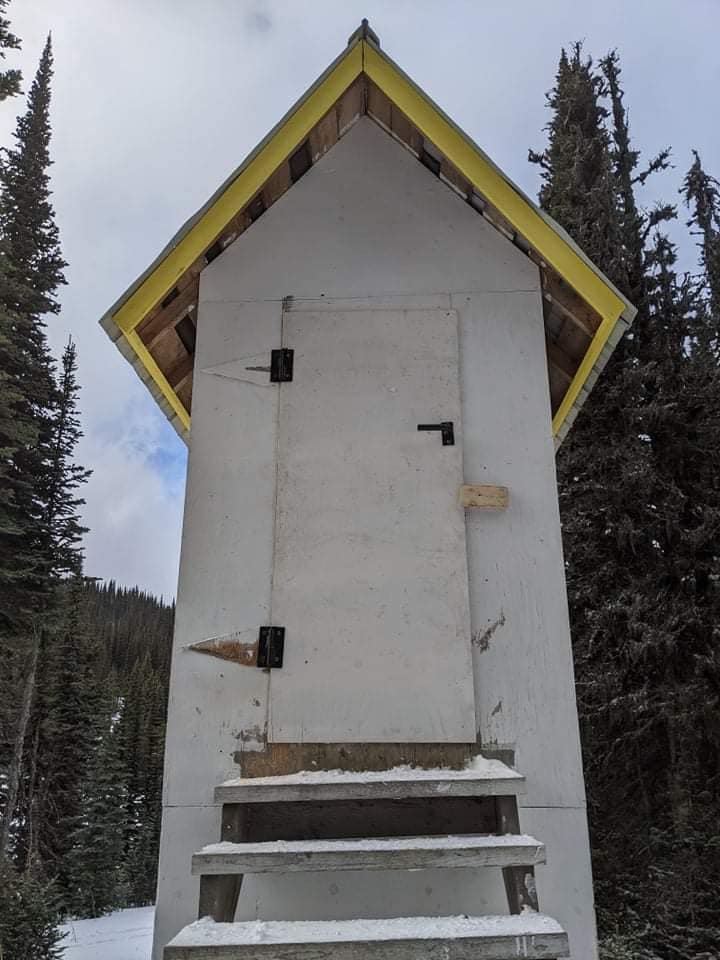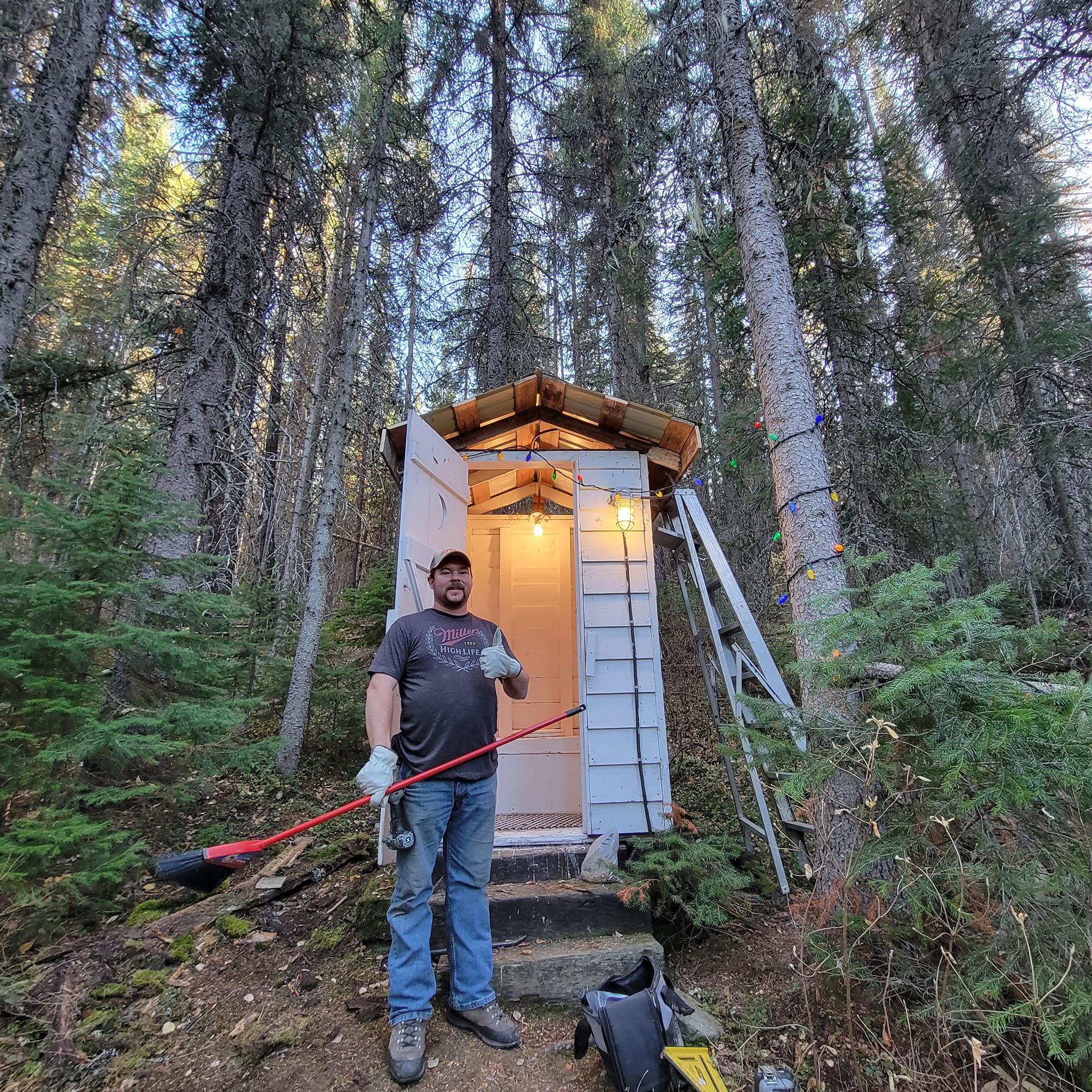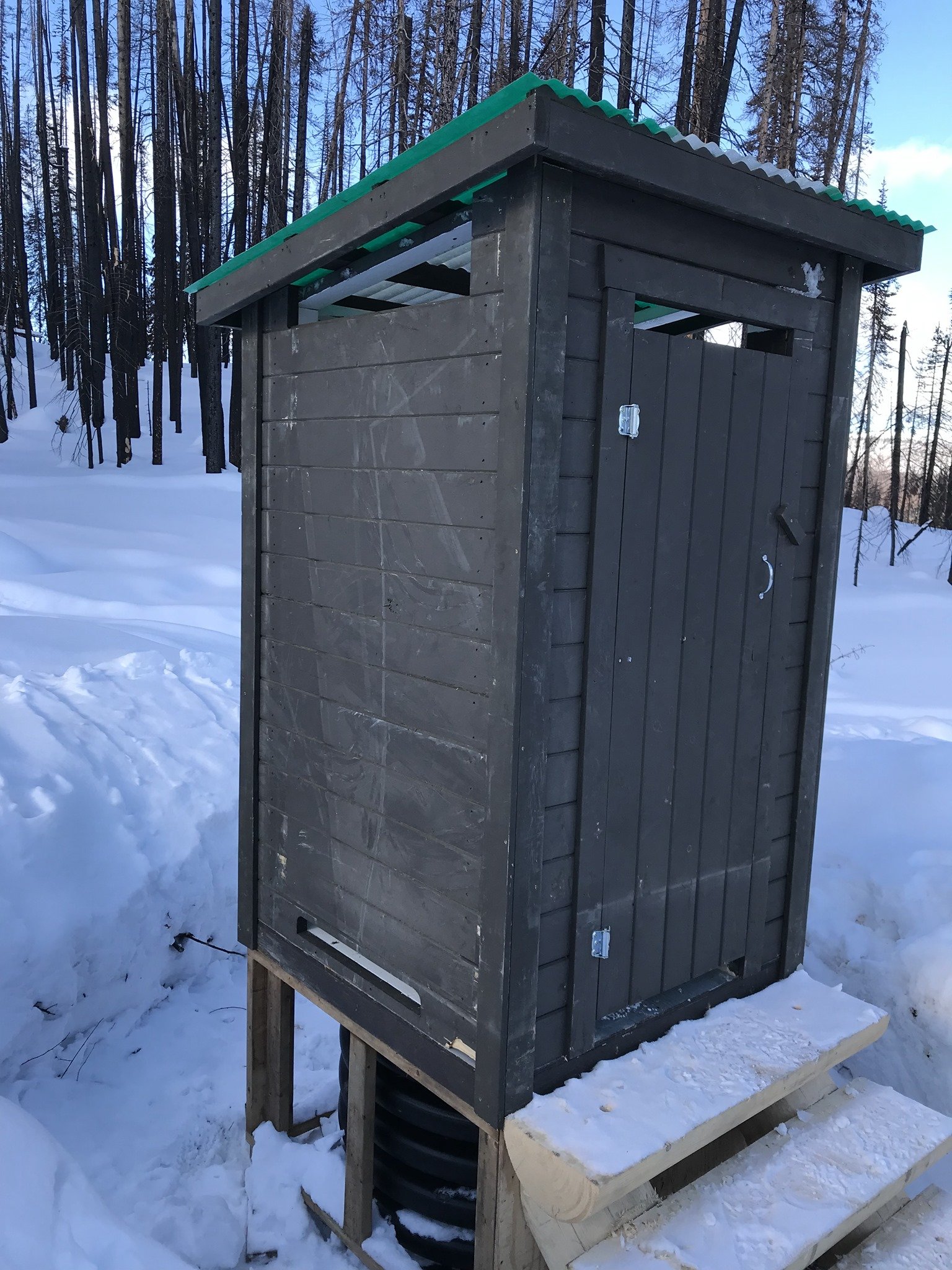RESPECT WHERE YOU RIDE: Backcountry Shelter Etiquette
In the vast expanse of British Columbia's backcountry, nearly 90 day-use shelters stand proudly, thanks to the dedication of volunteer-driven snowmobile clubs. Ranging from modest A-frames to beautifully crafted log cabins, each shelter encapsulates a history rich in memories and the collective passion of volunteers who dreamt, planned, fundraised, and invested sweat equity to see them come alive.
These shelters were built as inclusive environments, a respite from the elements, and a safe space for snowmobilers to come together. While the arduous tasks of permitting and construction may be complete, an enduring responsibility falls upon every rider to preserve these spaces.
Your actions at the door contribute to the vitality of our sport and impact the fate of those shelter applications yet awaiting government permission. Here’s a list of essential etiquette every rider should be aware of.
Lead By Example:
Recall your early days as a new rider. People explore the outdoors with varying reasons and knowledge levels. While you might have learned shelter etiquette from family or friends, others may not be as fortunate. Backcountry ethics are learned, and shaping our sport's future involves educating newcomers on what is expected in a kind and friendly way.
First One In Lights the Fire:
There is an unspoken rule that the first rider past the cabin each day is responsible for stopping in to light the fire. This practice not only provides comfort but is a safety measure in case of emergencies during the day.
Contribute to Firewood Supply:
If you're entering the shelter, make sure you're carrying an armload of wood from the shed to replenish the firewood box on your way. All wood should be split outside, not on the hearth. It is also customary for each rider to bring up matches, a lighter, paper, or prepare some kindling at least once a year. Better yet - help out at a club firewood work-b to earn those powder day karma points (or a discount on your membership!).
Pack Out What You Pack In:
Remember, there's no maid service in the backcountry. Respect the environment and other users by taking all your garbage with you. Help clubs prioritize trail maintenance over hauling out your trash.
Participate in Shelter Maintenance:
Take five minutes to shovel the cabin deck or outhouse stairs if it hasn't been done already. Sweep out the floors. Brush off the solar panels. Restock the toilet paper. Throw out a few of those ketchup or mustard bottles that have accumulated on the window sill (see Pack Out What You Pack In Above).
Maintain a Positive Atmosphere:
No foul language or disruptive behavior. These shelters are shared spaces, and everyone should feel welcome. Take the time to read the safety and historical interpretive signage on the walls… you just might learn something new! Let's create an atmosphere of camaraderie and mutual respect.
Tap’er Cool:
Exercise caution and drive at a slow pace around the cabin, recognizing it as a high-traffic family area. Thoughtful parking is crucial to prevent traffic disruptions. Save anything fast and loud for other locations, preserving the atmosphere for others.
Say No to Yellow Snow:
Outhouses are provided for a reason. Respect the environment and your fellow riders by using the facilities appropriately.
Save the Artwork:
Refrain from defacing the cabin with graffiti. If you want to leave your mark, the best way is to purchase a membership or volunteer to show your support.
No Overnight Stays:
As a condition of legal permits, the vast majority of BC’s backcountry snowmobile shelters are day-use only. No overnight stays are permitted unless otherwise specified by the club.
Every rider plays a crucial role in preserving the integrity of our backcountry shelters and the reputation of our sport. Responsible snowmobiling is a shared duty, where your actions hold significant weight. Revel responsibly in the backcountry and join us in collectively maintaining the outstanding legacy of BC snowmobiling.
